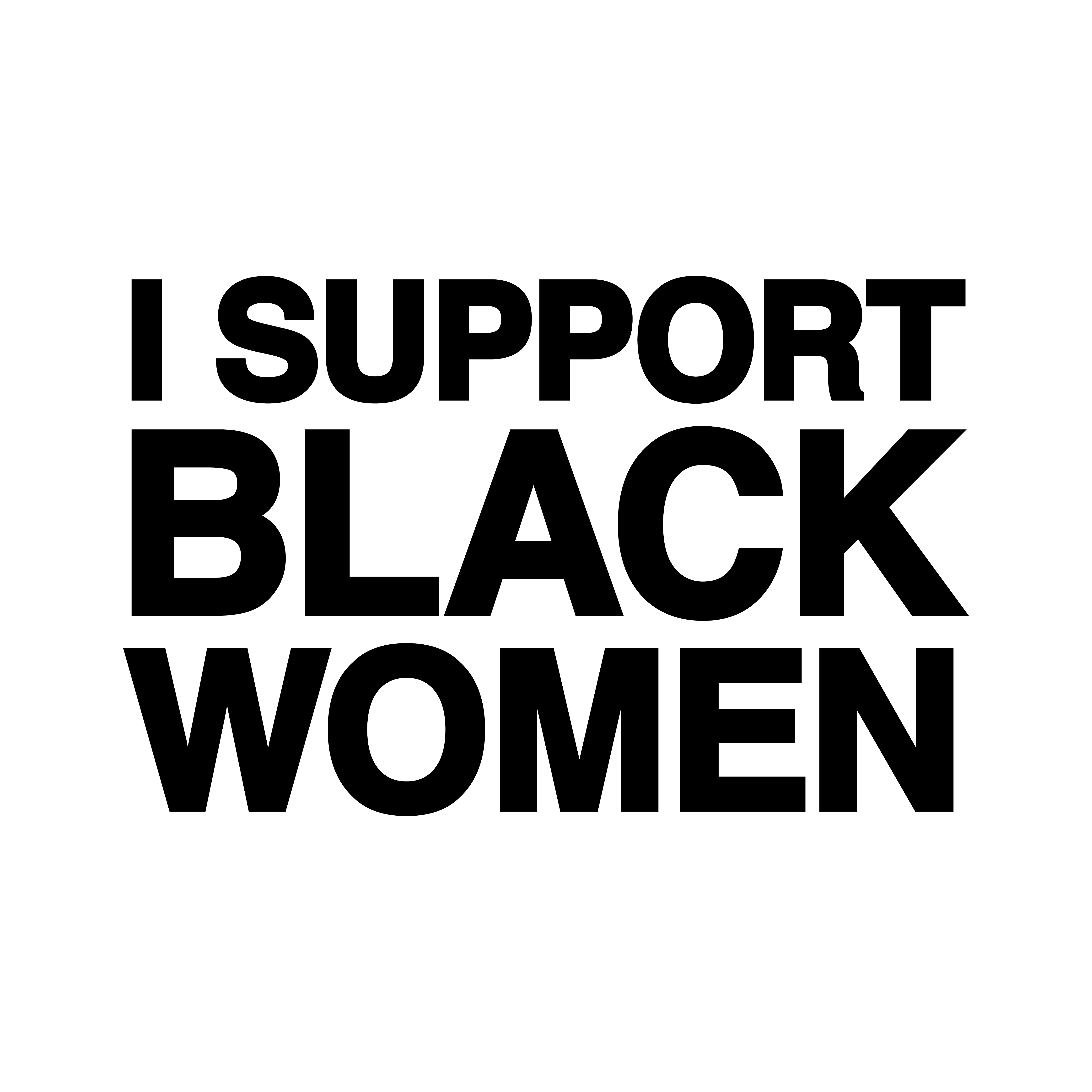


DONATE TO MARCH
Black Women Radicals is fiscally sponsored by Destiny Bridge Builders
SOCIAL MEDIA TOOLKIT
Sponsor Digital Toolkit in English, Brazilian Portuguese, Spanish, & French
Black Women Radicals is fiscally sponsored by Destiny Bridge Builders
SOCIAL MEDIA TOOLKIT
Sponsor Digital Toolkit in English, Brazilian Portuguese, Spanish, & French
 HEADSHOTS FROM LEFT TO RIGHT: SARA GÓMEZ, MARIELLE FRANCO, NANNY OF THE MAROONS, ANDAYE, OLUWATOYIN SALAU, MAMA TINGO, MARY JONES, bell hooks, and NEHANDA ABIODUN. THEIR HEADSHOTS ARE IN BLACK AND WHITE AND THEY ARE CONNECTED BY A COLORFUL MURAL BACKGROUND.
HEADSHOTS FROM LEFT TO RIGHT: SARA GÓMEZ, MARIELLE FRANCO, NANNY OF THE MAROONS, ANDAYE, OLUWATOYIN SALAU, MAMA TINGO, MARY JONES, bell hooks, and NEHANDA ABIODUN. THEIR HEADSHOTS ARE IN BLACK AND WHITE AND THEY ARE CONNECTED BY A COLORFUL MURAL BACKGROUND.

HEADSHOTS FROM LEFT TO RIGHT: SARA GÓMEZ, MARIELLE FRANCO, NANNY OF THE MAROONS, ANDAYE, OLUWATOYIN SALAU, MAMA TINGO, MARY JONES, bell hooks, and NEHANDA ABIODUN. THEIR HEADSHOTS ARE IN BLACK AND WHITE AND THEY ARE CONNECTED BY A COLORFUL MURAL BACKGROUND.
MARCH/ RALLY ORGANIZERS
Trinice McNally, Creator & Creative Director, The Defend Black Women March & the I Support Black Women Campaign
Jaimee Swift, Executive Director & Creator, Black Women Radicals & The School for Black Feminist Politics
Email General & Press Inquiries: defendblackwomen2021@gmail.com
Defend Black Women 2022 Press Release viewable here
Throughout time, space, and place in Africa and in the African Diaspora,
BLACK FEMINISMS HAVE ALWAYS BEEN CENTRAL AND KEY TO OUR POLITICAL STRUGGLES FOR LIBERATION.
We can point to countless examples in the Black radical tradition of how Black women and gender expansive people have led and continue to be leaders in our movements across various sectors, whether it is organizing for racial and gender justice, educational equity, anti-Black state violence, mutual aid, and more. However, oftentimes transnational Black feminisms and particularly Black women and gender expansive people at the vanguard of radical transnational struggles are further marginalized, as Black feminisms in the United States are often centralized in various discourses.

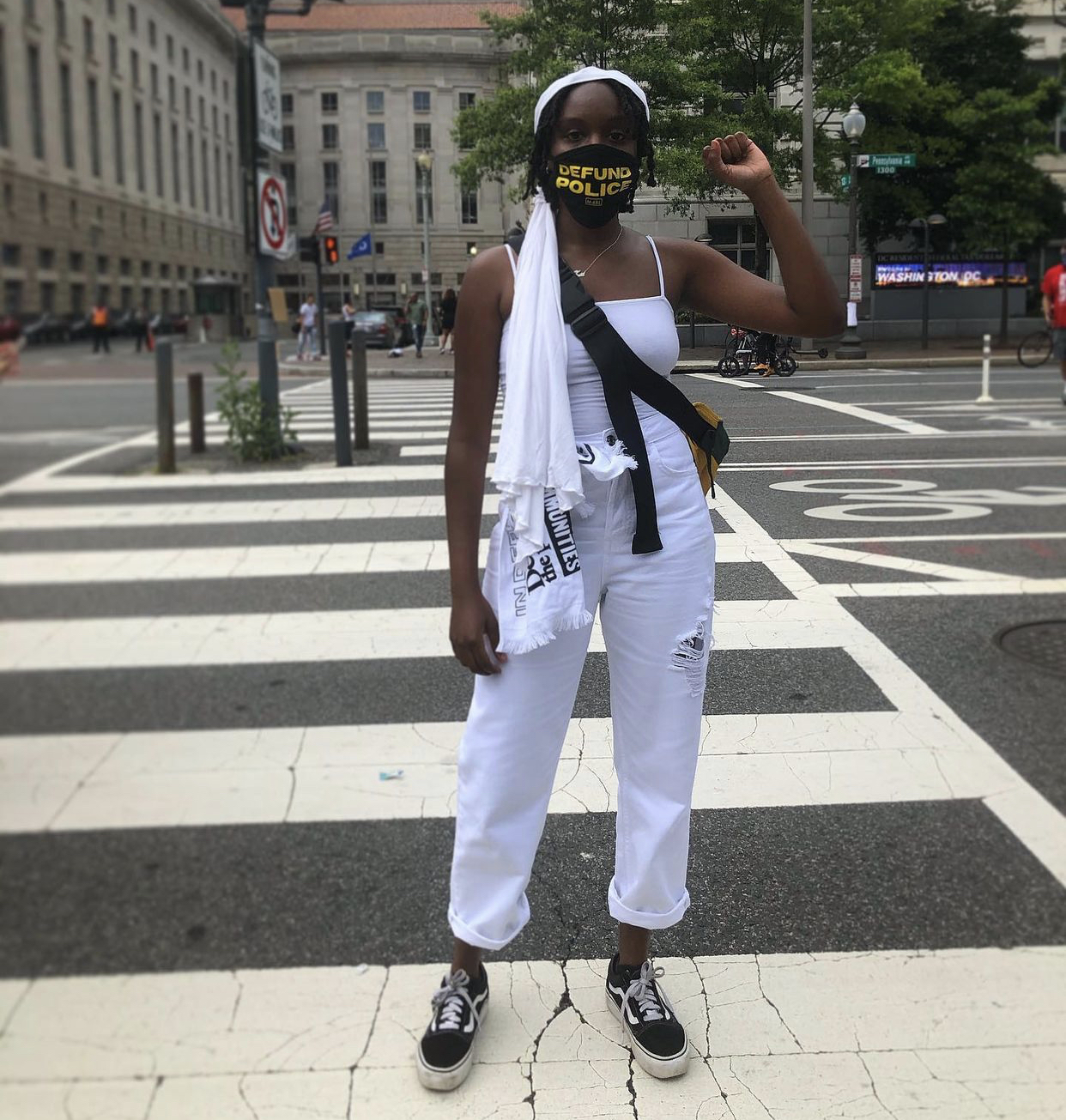





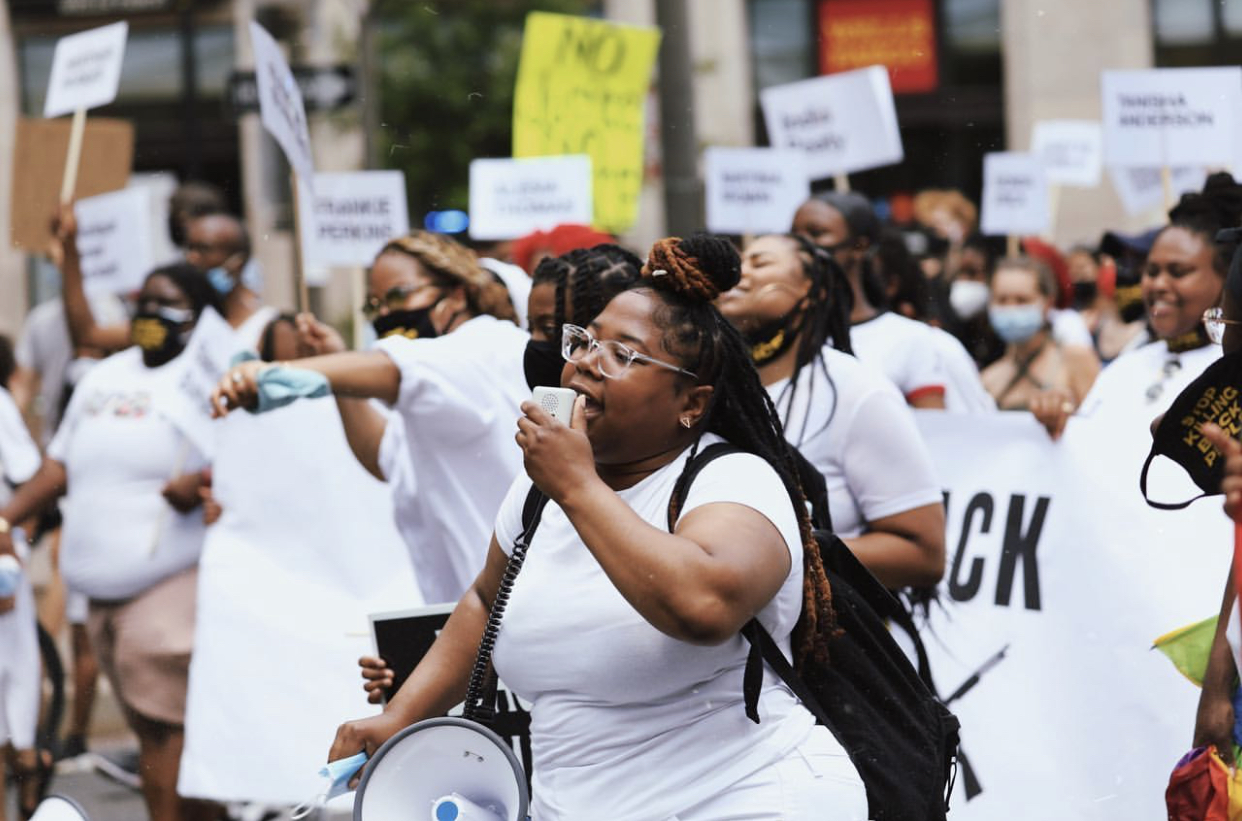
GROUP OF PHOTOS FROM LEFT TO RIGHT:
a. GROUP PHOTO OF MOSTLY BLACK PEOPLE MARCHING DOWN A STREET. MANY ARE CARRYING SIGNS WITH THE NAMES OF BLACK WOMEN.
b. A BLACK PERSON IS STANDING ON A CROSSWALK WITH THEIR FIST UP. THEY ARE DRESSED IN ALL WHITE AND BLACK SNEAKERS.
c. A BLACK WOMAN DRESSED WITH LONG BRAIDS IS SPEAKING ON A MICROPHONE WITH A GROUP OF PEOPLE SURROUNDING HER.
d. A BLACK WOMAN IS STANDING IN FRONT OF A TRUCK WITH A MACHETE IN HER HAND. SHE IS WEARING ALL WHITE AND A MASK THAT SAYS “STOP KILLING BLACK PEOPLE.”
e. A BLACK WOMAN WITH DREAD LOCS AND GLASSES IS SPEAKING ON A MICROPHONE WITH A GROUP OF PEOPLE SURROUNDING HER.
f. A GROUP PHOTO OF MOSTLY BLACK WOMEN MARCHING. MOST ARE DRESSED IN WHITE AND HOLDING SIGNS.
g. A GROUP PHOTO OF BLACK PEOPLE STANDING IN FRONT OF A BANNER THAT SAYS “DEFEND BLACK WOMXN.” THEY ARE MOSTLY WEARING WHITE AND ONE PERSON IS HOLDING A LARGE RAINBOW UMBRELLA.
h. A LARGE GROUP OF MOSTLY BLACK PEOPLE ARE MARCHING DOWN THE STREET. THE FRONT ROWS OF FOLKS ARE LARGELY WEARING WHITE. MANY ARE HOLDING SIGNS THAT SAY BLACK LIVES MATTER OR THE NAMES OF BLACK WOMEN.
For the second annual Defend Black Women March, our goal is to disrupt this siloing by celebrating, centering, and interrogating the life, leadership, and legacy of Afro-Brazilian bisexual feminist, politician, activist, and human rights defender, Marielle Franco and the power of Black feminisms in Latin America and in the Caribbean. Annually, July 25th is the International Afro-Latin American and Afro-Caribbean Women’s Day. It is a day to celebrate the resistance of Black women in Latin America and the Caribbean. Moreover, July is the birth month of Franco, who would have celebrated her 43rd birthday on July 27th. This march is dedicated to historical and ancestral Black feminists in Latin America and in the Caribbean such as Franco, Cécile Fatiman, Maria de los Reyes, Nehanda Abiodun, Castillo Bueno, Argelia Laya, Emilsen Manyoma, Magalie Marcelin, Beatriz Nascimento, Nanny of the Maroons, Carlota Lukumi, Gumercinda Páez and the countless Black feminist leaders who have and continue to do the critical work of expanding the frame of reference of Black feminisms globally.
WE KNOW THAT NOW MORE THAN EVER, OUR SOLIDARITY MUST BE INTENTIONAL AND IS DEEPLY CONNECTED TO OUR FREEDOM AND LIBERATION.
The ways the empire here in the USA polices Black Bodies here is the same in the Carribean and the Global South. Defend Black Women is a global call to action to protect Black women, girls, femmes & gender-expansive people across borders, because when we are free, it will be possible for everyone to be free.
WE KNOW THAT NOW MORE THAN EVER, OUR SOLIDARITY MUST BE INTENTIONAL AND IS DEEPLY CONNECTED TO OUR FREEDOM AND LIBERATION.
The ways the empire here in the USA polices Black Bodies here is the same in the Carribean and the Global South. Defend Black Women is a global call to action to protect Black women, girls, femmes & gender-expansive people across borders, because when we are free, it will be possible for everyone to be free.

“THE [POLITICAL] MANDATE OF A PERIPHERAL, BLACK, FAVELA WOMAN, MUST JOIN TOGETHER WITH SOCIAL MOVEMENTS, TOGETHER WITH ORGANIZED CIVIL SOCIETY, TOGETHER WITH THOSE WHO ARE TAKING ACTION TO STRENGTHEN US IN THAT SPACE WHERE WE DO NOT OBJECTIVELY RECOGNIZE OURSELVES, WHERE WE DO NOT FIND OURSELVES, WHERE WE DO NOT SEE OURSELVES.”
– MARIELLE FRANCO
Everyday, Black women and gender expansive people are in defiance: defiance against white supremacy, capitalism, patriarchy, ableism, transphobia, queerphobia, colorism, and more. They are in defense of their families, communities, children, and biological and chosen kin. They defy systems that attempt to steal their joy, dreams, and radical imaginations. Black women and gender expansive people are constantly resisting the intersectional and oppressive dynamics that attempt to render them invisible, even though they have always been at the vanguard of radical movement building.
For Afro-Brazilian bisexual feminist, activist, politician, and human rights defender, Marielle Franco, one of her political mandates was the defense of Black women at the margins: particularly, Black faveladas (women from the favelas), whose leadership, participation, and organizing have often have been overlooked in mainstream Brazilian media and politics. Born and raised in the Maré favela, located in the North Zone of Rio de Janeiro, Brazil, Franco knew first-hand the power of Black women in the favelas leading the charge for change everyday–whether they be mothers, othermothers, neighbors, friends, domestic workers, and so much more. In a video interview, Franco said this about being a Black woman from the favela:
“IT’S ONE THING TO BE BORN AND GROW UP, AND LIVE IN THE FAVELA. BUT IT’S ANOTHER THING TO RISE UP AND USE YOUR EXPERIENCE AS A FAVELADA TO DO POLITICS IN A DIFFERENT WAY.”
– MARIELLE FRANCO

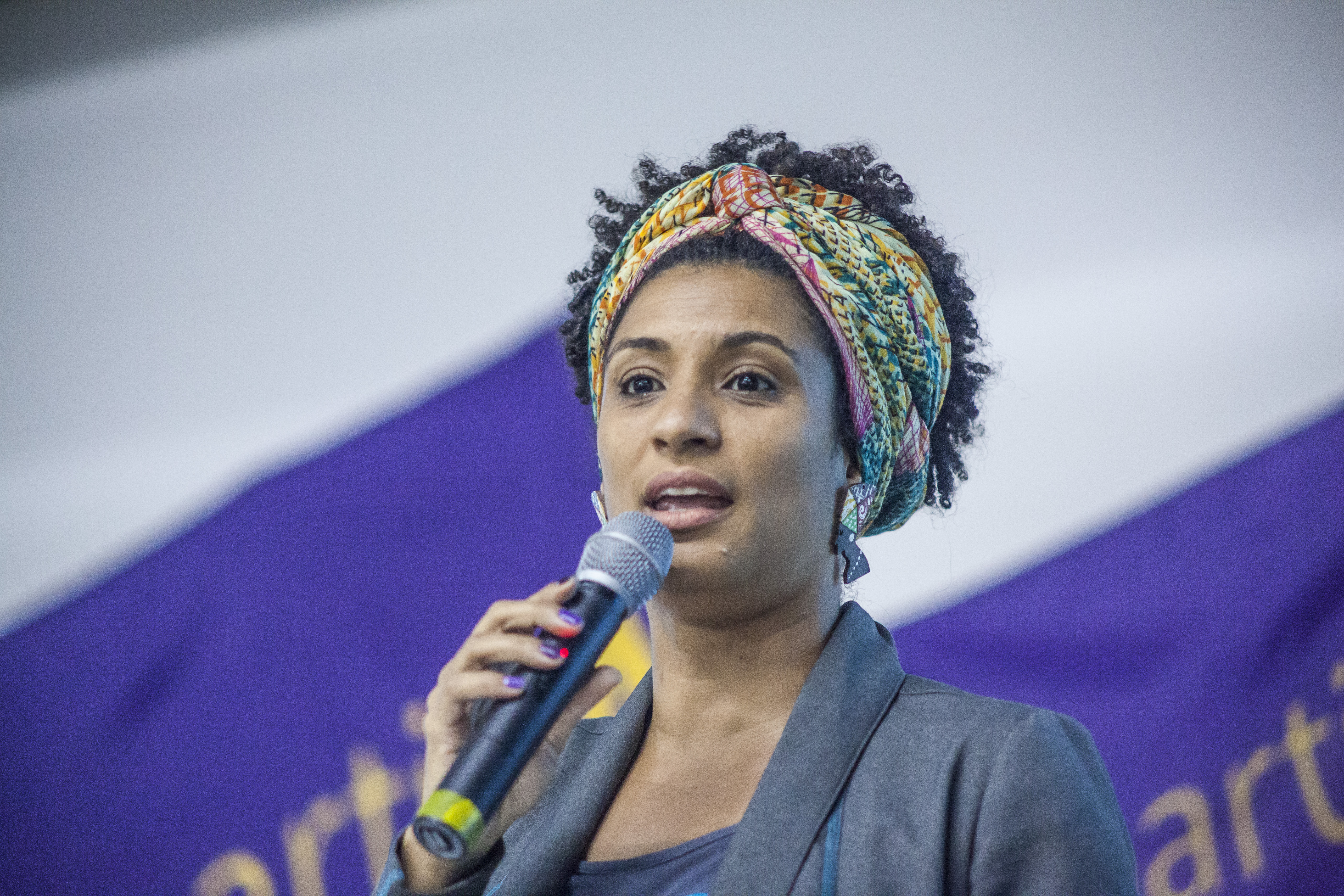


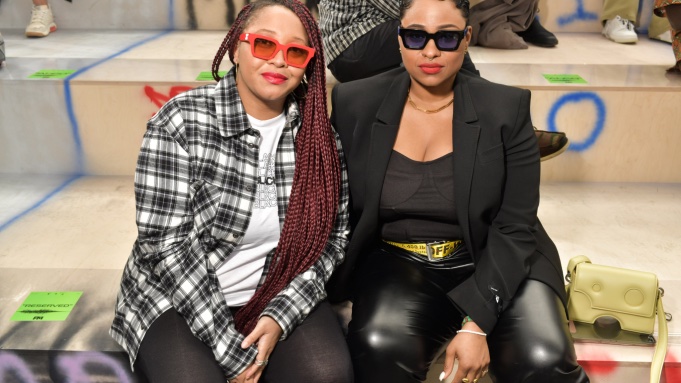 DEFEND BLACK WOMEN 2022 CO-CHAIRS JAIMEE SWIFT & TRINICE MCNALLY SITTING IN THE FRONT ROW AT THE OFF-WHITE RTW FALL 2021 FASHION SHOW IN PARIS, FRANCE.
DEFEND BLACK WOMEN 2022 CO-CHAIRS JAIMEE SWIFT & TRINICE MCNALLY SITTING IN THE FRONT ROW AT THE OFF-WHITE RTW FALL 2021 FASHION SHOW IN PARIS, FRANCE. However, being situated in the United States, we recognize the plurality of Black feminisms, and understand that U.S. Black feminisms do not represent or speak to all Black, Afro-descendant, and African feminisms. Brazil, which houses the largest Black population in the African Diaspora outside of Nigeria, has a long lineage of Black feminists who have and continue to shape politics in the country and beyond such as Sueli Carneiro, Lélia Gonzalez, Beatriz Nascimento, Luiza Bairros, Djamila Ribeiro, and Maria Clara Araújo dos Passos and more. However, what is often overlooked in global discourse are that Black Brazilians are disproportionately impacted by anti-Black state violence and countless activists have cited what is going on in the country as genocide. Brazil also has the highest rate of LGBTQ+ murders in the world. Specifically, Brazil also has the highest rates of travesti and transgender murders in the world, with 82 percent of victims being Black.
With this, we are in defense of and in defiance and solidarity with Black women and gender expansive radicals in Latin America and in the Caribbean. Through this 2nd Annual Defend Black Women March, we hope to create new worlds, possibilities, and build solidarities so that across borders and boundaries, we all can and will be free.
OUR POLITICAL PRIORITIES ARE THE FOLLOWING:
- BUILDING SOLIDARITIES AND COMMUNITY WITH BLACK WOMEN AND GENDER EXPANSIVE PEOPLE FROM AND IN THE CARIBBEAN AND IN LATIN AMERICA.
- CENTERING THOSE AT THE MARGINS - BLACK WORKING POOR AND WORKING CLASS WOMEN AND GENDER-EXPANSIVE PEOPLE; DISABLED, QUEER, TRANSGENDER, AND GENDER EXPANSIVE COMMUNITIES; SURVIVORS, POLITICAL PRISONERS AND FORMERLY INCARCERATED PEOPLE; MIGRANTS, SEX WORKERS, REFUGEES, ASYLUM SEEKERS, AND POLITICAL EXILES.
- REPRODUCTIVE JUSTICE AND RIGHTS OF BLACK WOMEN AND GENDER EXPANSIVE PEOPLE GLOBALLY.
- LEARNING FROM, LISTENING TO, AND DEFENDING BLACK WOMEN AND GENDER EXPANSIVE PEOPLE FROM AND IN THE CARIBBEAN, LATIN AMERICA, ON THE AFRICAN CONTINENT AND OTHER PARTS OF THE AFRICAN DIASPORA.

During the precipice of both the COVID-19 Pandemic and global call to Defund The Police, the Movement For Black Lives (M4BL) DC contingent led a Juneteenth call to action, creating several feeder marches across the city in honor of 155 years since the last enslaved Africans were freed-- as well, our movements cry for for freedom & safety for Black bodies. Black Queer Migrant Organizer, Trinice McNally joined forces with Paris Hatcher of Black Feminist Future to host the #DefendBlackWomen march in June of 2020 aimed at calling out the specific gendered and racist ways Black women, girls and gender expansive people experience state-sanctioned, interpersonal and gender-based violence in their homes, families and communities. The “I Support Black Women” (ISBW) campaign was birthed after Trinice made a viral appearance on CNN after catching the attention of Virgil Abloh™. After months of building a friendship rooted in building projects committed to societal change, the campaign was solidified aiming to uplift and center diverse Black women organizers contributing to social change in various fields of activism, art, education, spirituality & fashion. ISBW’s fundraising objective is to financially support Black Women Radicals, a Black feminist advocacy organization created and founded by Jaimee Swift, in creating a physical space for their School for Black Feminist Politics. Through its Teach-ins and Community Conversations program, the SBFP’s goal is to illuminate what has often been obscured and neglected in regards to our Black feminist histories, political memories, and productions, so that our past, present, and future understandings of Black feminist thought and behaviour can be understood more fully and completely.
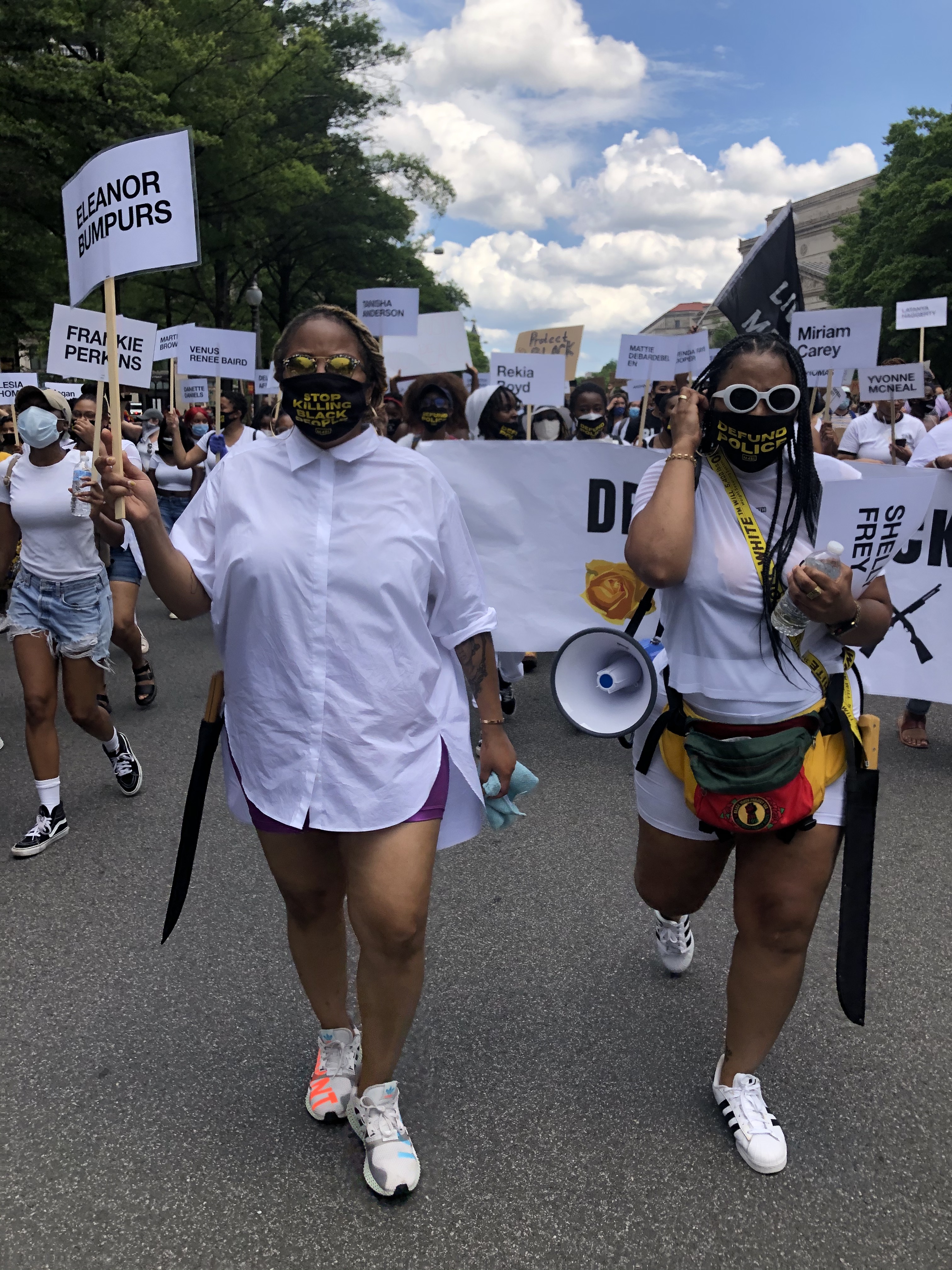 COFOUNDERS OF THE FIRST ANNUAL DEFEND BLACK WOMEN MARCH. LEFT TO RIGHT - PARIS HATCHER OF BLACK FEMINIST FUTURE AND TRINICE MCNALLY, FOUNDING DIRECTOR OF UDC CENTER FOR DIVERSITY, INCLUSION AND MULTICULTURAL AFFAIRS (UDC CDIMA).
COFOUNDERS OF THE FIRST ANNUAL DEFEND BLACK WOMEN MARCH. LEFT TO RIGHT - PARIS HATCHER OF BLACK FEMINIST FUTURE AND TRINICE MCNALLY, FOUNDING DIRECTOR OF UDC CENTER FOR DIVERSITY, INCLUSION AND MULTICULTURAL AFFAIRS (UDC CDIMA). 
Below is a tentative schedule of events for the Defend Black Women March weekend. Please note that the official host hotel for the March Weekend is the Eaton Hotel. We currently have a special rate of $159 per night (1st come, 1st serve).
FRIDAY,JULY 29TH, 2022
︎︎︎
CHECK-IN & FILM SCREENING (6:00PM-10:00PM)
Location of check-in & time: Eaton Hotel 4PM (1201 K St NW, Washington, DC 20005)
- Opening plenary about the Defend Black Women March, with film screenings of the “I Support Black Women” documentary and “Sementes: Mulheres Pretas no Poder” by Éthel Oliveira and Júlia Mariano
- Post-film screening panel featuring Afro-Brazilian & Afro-Caribbean women and gender-expansive activists.
SATURDAY,JULY 30TH, 2022
︎︎︎
DEFEND BLACK WOMEN RALLY & MARCH (11:30AM-2:00PM)
Location of march meet-up: The march will start at Malcolm X Park (16th St NW &, W St NW, Washington, DC 20009) to Black Lives Matter Plaza (BLM Plaza is a two-block-long pedestrian section of 16th Street NW in Downtown Washington, D.C.).
See map below.
NETWORKING HAPPY HOUR EVENT (6:00PM-8:00PM)

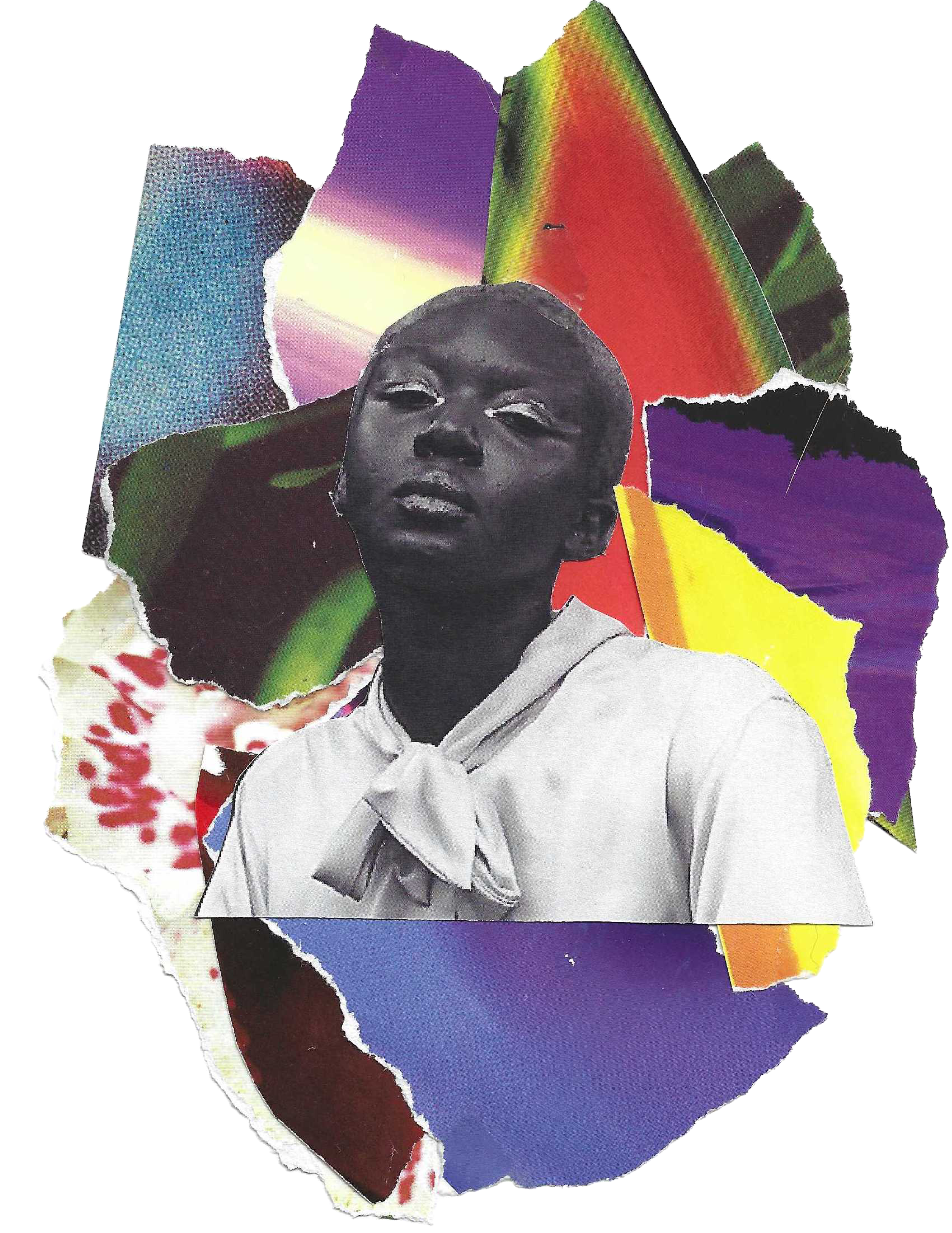
BLACK AND WHITE HEADSHOT OF OLUWATOYIN SALAU ON TOP OF A COLORFUL BACKGROUND.
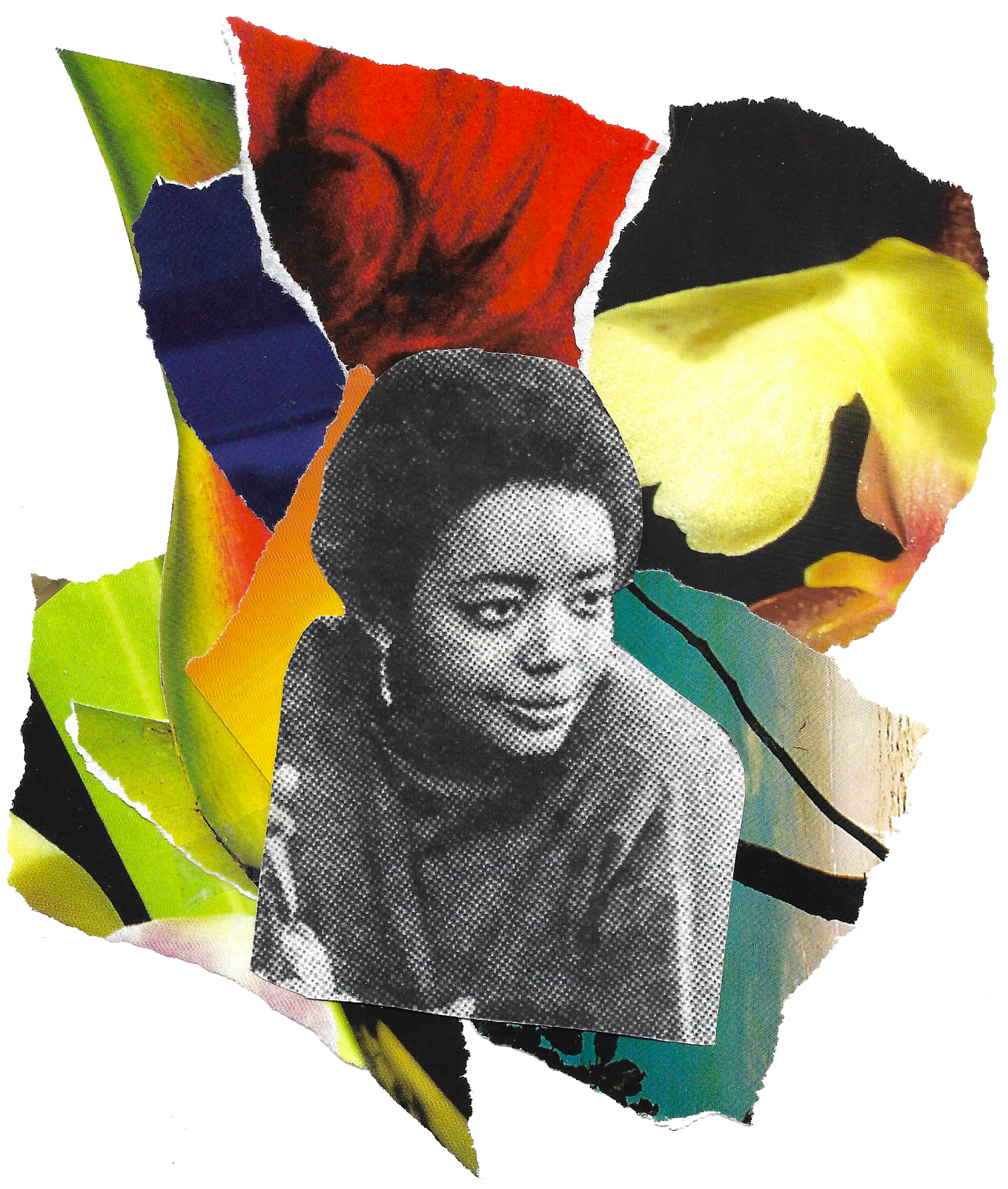 BLACK AND WHITE HEADSHOT OF SARA GÓMEZ ON TOP OF A COLORFUL BACKGROUND.
BLACK AND WHITE HEADSHOT OF SARA GÓMEZ ON TOP OF A COLORFUL BACKGROUND.
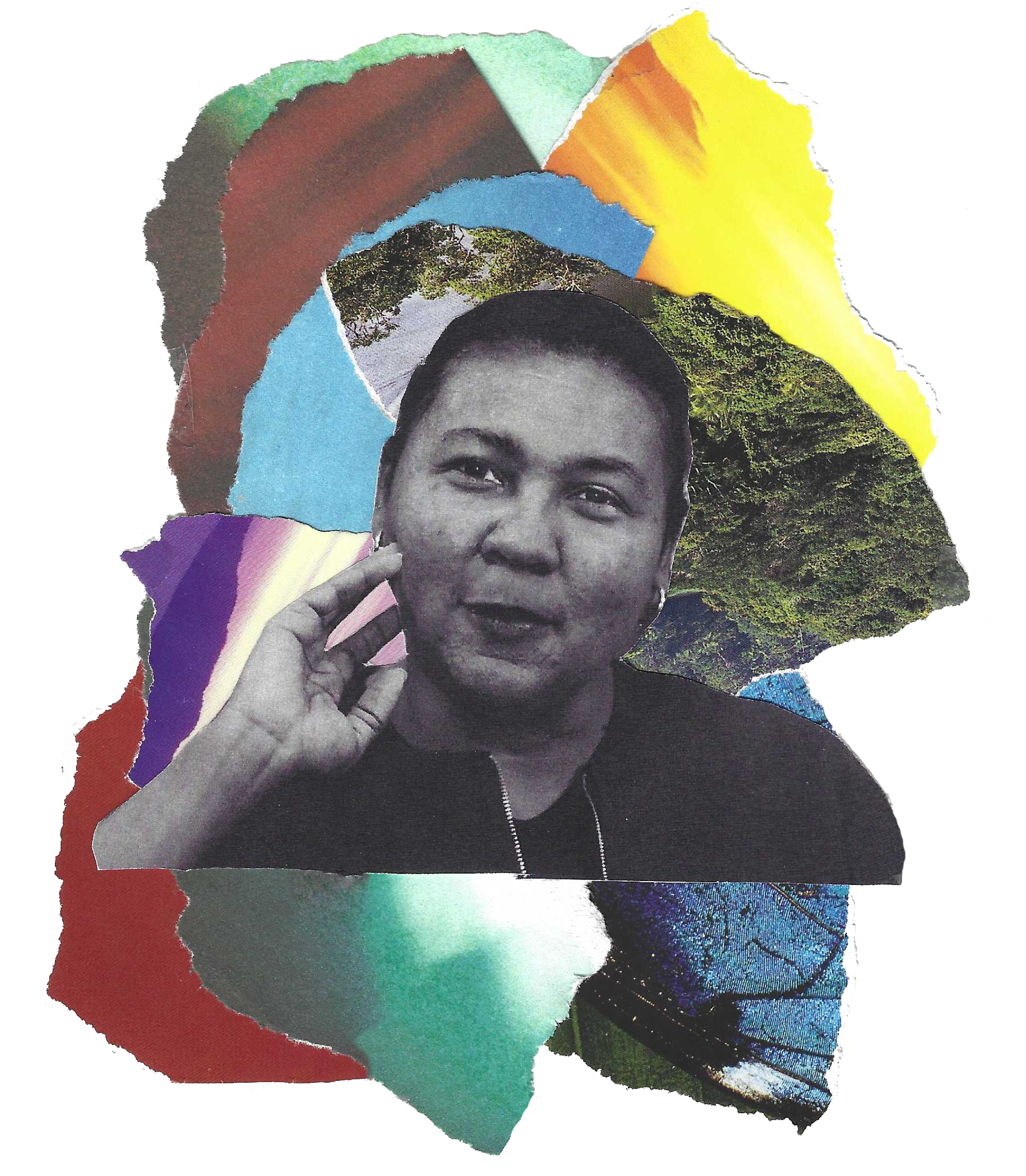
BLACK AND WHITE HEADSHOT OF bell hooks ON TOP OF A COLORFUL BACKGROUND.
SUNDAY,JULY 31ST, 2022
︎︎︎
DEFEND BLACK WOMEN SALON SERIES (9:00AM-1:30PM)
Location: Eaton Hotel 1201 K St NW, Washington, DC 20005
Please note there is $50 fee to participate. Click here for more info.
1st Come, 1st serve, 75 Maximum Participants.
Workshop Schedule
- 8:00AM-9:00AM - Registration, Breakfast, Salon Material Dissemination
- 9:00AM-10:30AM - “Asé to Axé: Transnational Black Feminisms and the Role of Solidarity in African Spiritual Practice”.
- Coffee Break - 10:30AM-10:45AM
- 10:45AM-11:45AM - Concurrent Sessions of “Black Women Deserve: Sex & Pleasure” and Radical Reproductive Revolution Now!
- 12:00PM - 1:00PM - Lunch, Networking, and Letter Writing
- 1:00PM -2:00PM - Closing Session|Chinga La Migra: Defend Black Women

BLACK AND WHITE HEADSHOT OF MAMA TINGO ON TOP OF A COLORFUL BACKGROUND.
The Defend Black Women Salon Series will consist of 1 plenary session and 3 fishbowl-style networking sessions broken up into four different categories. Attendees will have the option to participate in two different sessions and a closing session.
III. Black Women Deserve: Sex & Pleasure
A facilitated fishbowl-style session centering Black pleasure through BDSM and Kink as a liberatory practice.
A facilitated fishbowl-style session following Marielle Franco's footsteps in the multiplication of Black feminist activism and leadership.
I. The Futurity Of Black Feminisms In The Americas Plenary Session:
“Asé to Axé: Transnational Black Feminisms and the Role of Solidarity in African Spiritual Practice”.II. Radical Reproductive Revolution Now!
A facilitated fishbowl-style session exploring radical approaches to reproductive justice.III. Black Women Deserve: Sex & Pleasure
A facilitated fishbowl-style session centering Black pleasure through BDSM and Kink as a liberatory practice.IV. Chinga La Migra: Defend Black Women
A facilitated fishbowl-style session on the incarceration and detainment of Black women and gender-expansive people across borders.IV. "Marielle virou semente!"(Marielle became seed): resistance, empowerment, and hope
A facilitated fishbowl-style session following Marielle Franco's footsteps in the multiplication of Black feminist activism and leadership.
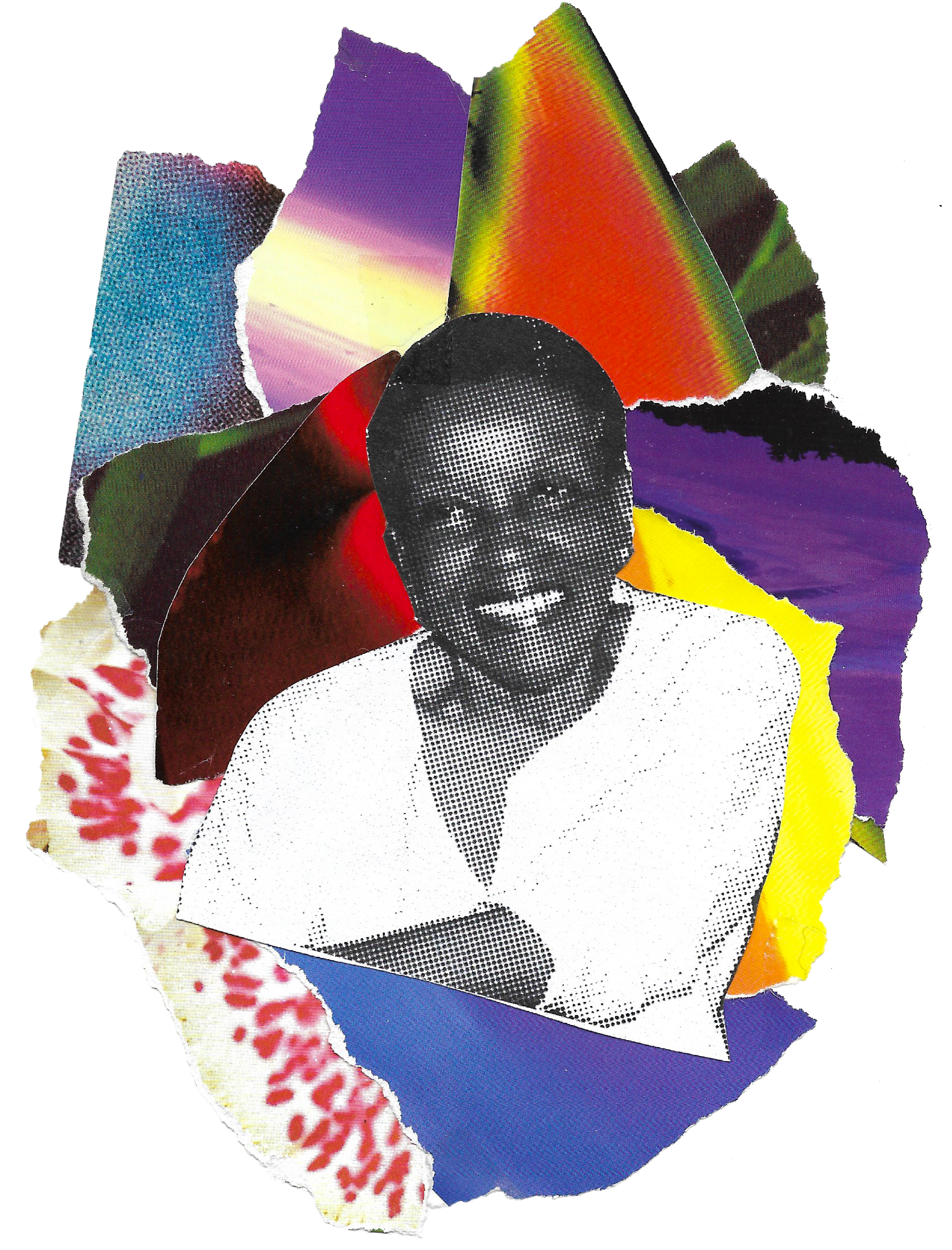 BLACK AND WHITE HEADSHOT OF ANDAIYE ON TOP OF A COLORFUL BACKGROUND.
BLACK AND WHITE HEADSHOT OF ANDAIYE ON TOP OF A COLORFUL BACKGROUND.
BLACK AND WHITE HEADSHOT OF MARIELLE FRANCO ON TOP OF A COLORFUL BACKGROUND.
![]()
MALCOM X PARK (MERIDIAN HILL PARK) TO BLACK LIVES MATTER PLAZA

MALCOM X PARK (MERIDIAN HILL PARK) TO BLACK LIVES MATTER PLAZA
07.29.22 - 07.31.22
︎︎︎

BLACK AND WHITE HEADSHOT OF MARY JONES ON TOP OF A COLORFUL BACKGROUND.
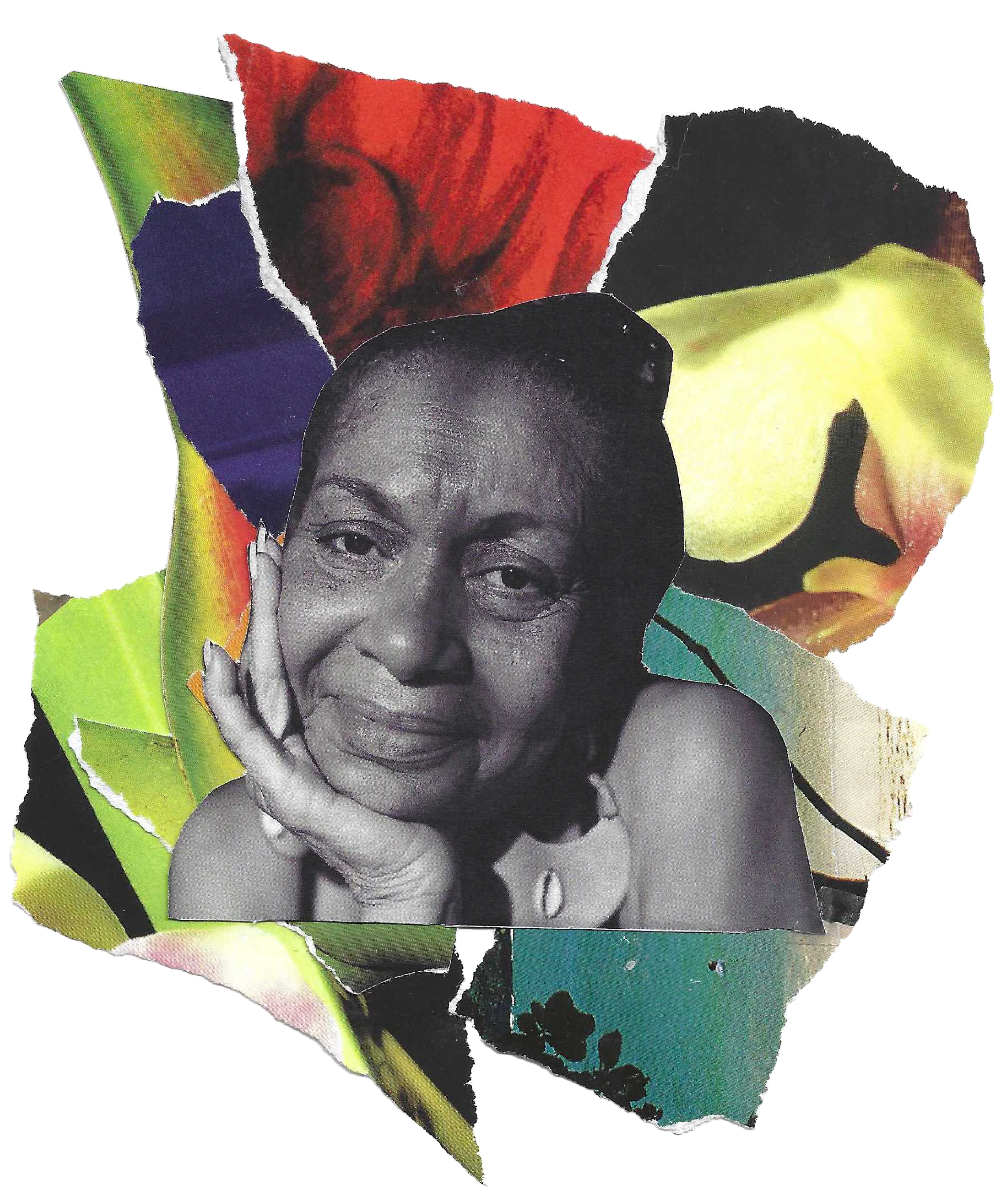
BLACK AND WHITE HEADSHOT OF NEHANDA ABIODUN ON TOP OF A COLORFUL BACKGROUND.

BLACK AND WHITE HEADSHOT OF NANNY OF THE MAROONS ON TOP OF A COLORFUL BACKGROUND.

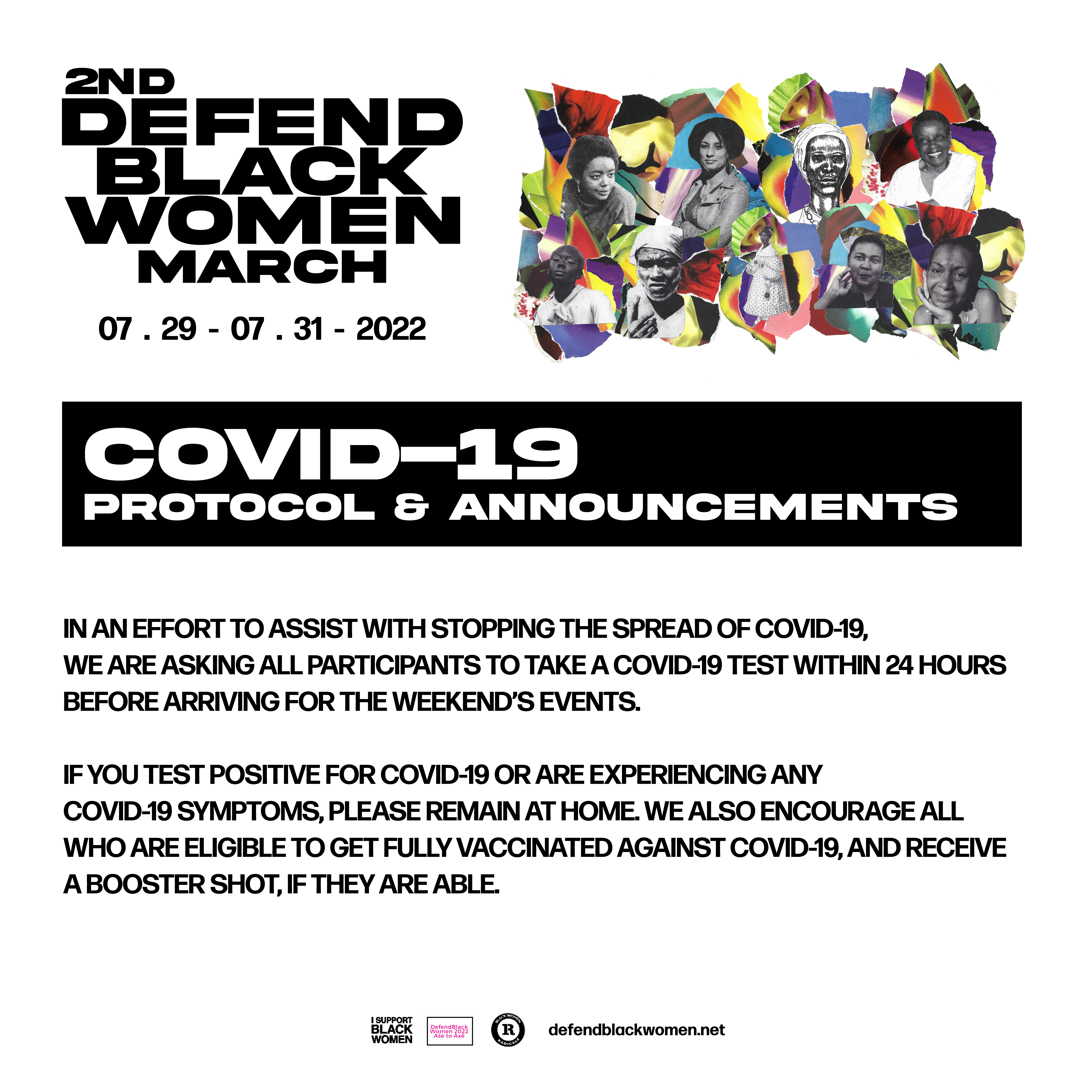

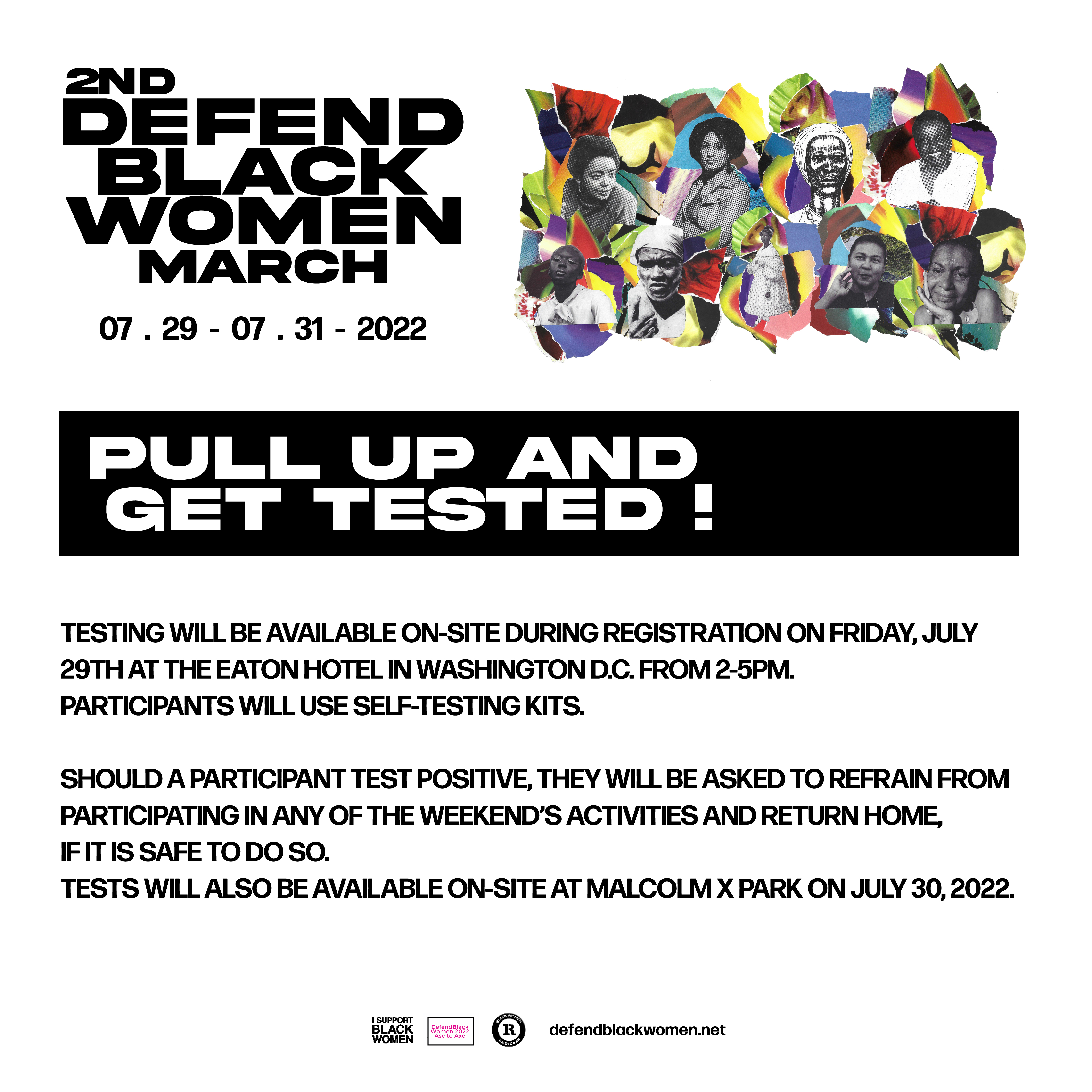
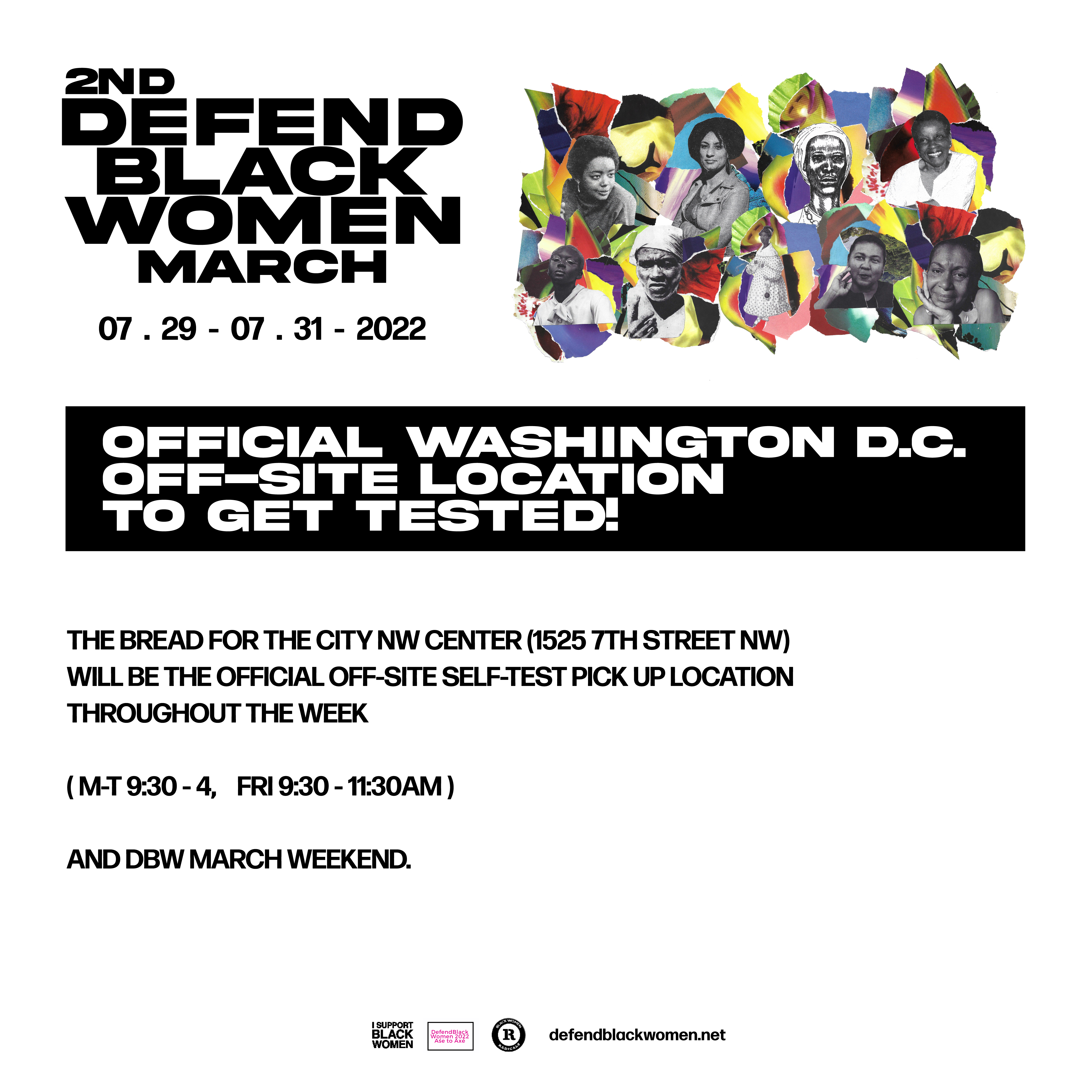
DBW Official COVID Guidelines & Protocol:
In an effort to assist with stopping the spread of COVID-19, we are asking all participants to take a COVID-19 test within 24 hours before arriving for the weekend’s events and to wear a mask. If you test positive for COVID-19 or are experiencing any COVID-19 symptoms, please remain at home. We also encourage all who are eligible to get fully vaccinated against COVID-19, and receive a booster shot, if they are able.
For DBW Attendees who are staying in the Eaton Hotel, if you test positive for COVID-19 and need to quarantine in your room, we cannot pay for your stay but will provide a discounted group rate for the remainder of your stay.
Click on the graphics for details on testing locations/info and mandates.

THE ROSES OF RESISTANCE ARE BORN IN THE ASPHALT. WE WILL RECEIVE ROSES, BUT WE WILL BE WITH OUR FISTS CLENCHED SPEAKING OF OUR EXISTENCE AGAINST THE PUSH AND PULL THAT AFFECTS OUR LIVES.
- MARIELLE FRANCO
Marielle Franco (July 27, 1979–March 14, 2018) was an Afro-Brazilian bisexual feminist, activist, politician, and human rights defender. Known for her commitment of, to, and for Brazil’s most peripheral communities––Black, LGBTQ+, women, and poor––as a favelada (a person from and who lives in the favelas) Franco was born and raised in the Complexo da Maré, one of the largest shanty towns in Rio de Janeiro.

COUNCILWOMAN MARIELLE FRANCO (1979–2018) PHOTO CREDIT: MÍDIA NINJA
At the age of 19, Franco became a single mother to her daughter, Luyara. When she became a mother, Franco’s worldview changed and she started to think about what she could actively do to make her community a better place. She pursued her education and attended the Community School of Maré. Later, she attended the Pontifical Catholic University of Rio de Janeiro (PUC-Rio) in 2002 with a full scholarship, where she received a degree in social sciences. After losing a friend to a stray bullet from a shootout between police officers and drug traffickers in Maré, Franco became a vocal and candid critic of state violence. She wrote her master’s thesis in public administration at the Fluminense Federal University (UFF) about the punitive atrocities committed by the state and the militarization of its agents in a publication titled, “UPP–the Reduction of the Favela to Three Letters: An Analysis of Public Security Policy in the State of Rio de Janeiro”.
Working with civil society organizations such as the Brazil Foundation and the Center for Solidarity Actions of Maré, she later became the coordinator of the Commission on Human Rights and Citizenship of the Legislative Assembly of Rio de Janeiro (Alerj). In 2016, she was elected city councilor of the Municipal Chamber of Rio de Janeiro as a member of PSOL with 46,502 votes. She received the fifth highest vote count out of the 51 vacant seats and was the second woman with the highest number of votes. She was the only Black woman city councilor from Rio de Janeiro. Her campaign slogan was “Eu sou porque nos somos” (I am because we are), which is reflective of the Nguni Bantu/African word and philosophy of collectivism known as “Ubuntu”, which literally translates to “I am because we are.”
Working with civil society organizations such as the Brazil Foundation and the Center for Solidarity Actions of Maré, she later became the coordinator of the Commission on Human Rights and Citizenship of the Legislative Assembly of Rio de Janeiro (Alerj). In 2016, she was elected city councilor of the Municipal Chamber of Rio de Janeiro as a member of PSOL with 46,502 votes. She received the fifth highest vote count out of the 51 vacant seats and was the second woman with the highest number of votes. She was the only Black woman city councilor from Rio de Janeiro. Her campaign slogan was “Eu sou porque nos somos” (I am because we are), which is reflective of the Nguni Bantu/African word and philosophy of collectivism known as “Ubuntu”, which literally translates to “I am because we are.”
Franco was also the president of the Commission for the Defense of Women’s Rights for the Rio de Janeiro City Council and was assigned to lead the city council’s committee to oversee military interventions in the city. Prior to her death, she spoke out against the police murders of three young Black men. On Wednesday, March 14, 2018, shortly after speaking at the event “Young Black Women Moving Power Structures” at Casas das Pretas in Rio, Franco was shot and murdered while sitting in the backseat of a car. Her driver, Anderson Pedro Gomes, was also shot and murdered as well.
In honor of Franco’s life, leadership, and legacy, countless Black women in Brazil ran for political office.
Marielle, thank you for everything. We will never forget you. Marielle Presente. #JustiçaPorMarielleEAnderson #4AnosSemMarielle #QuemMandouMatarMarielle #4AnosSemRespostas
For more information about Marielle Franco, please visit Instituto Marielle Franco.
![]()
Resources, information, and readings on and about Black Feminisms in Latin America and in the Caribbean
In honor of Franco’s life, leadership, and legacy, countless Black women in Brazil ran for political office.
Marielle, thank you for everything. We will never forget you. Marielle Presente. #JustiçaPorMarielleEAnderson #4AnosSemMarielle #QuemMandouMatarMarielle #4AnosSemRespostas
For more information about Marielle Franco, please visit Instituto Marielle Franco.

Resources, information, and readings on and about Black Feminisms in Latin America and in the Caribbean
Organizations & Initiatives
- About the Marielle Franco Institute (Brazilian Portuguese) (English)
Videos
- I Support Black Women Salon: Resisting in Global Black Feminisms: Black Feminist Transnational Organizing with Anielle Franco by the I Support Black Women campaign and Black Discourse
- The Political-Pedagogical Praxis of Afro-Brazilian Travestis and Trans Women (1979-2020) by Maria Clara Araújo dos Passos
- Digital Caribbean Feminisms by Nana Brantuo and Andrea N. Baldwin for Black Women Radicals
- Caribbean Women & Knowledge Production by Nana Brantuo and Andrea N. Baldwin for Black Women Radicals
- In Honor of Andaiye: Caribbean Feminist Organizing and Advocacy by Nana Brantuo and Andrea N. Baldwin for Black Women Radicals
- At the Vanguard: Honoring Caribbean Climate and Environmental Activists and Researchers by Nana Brantuo and Andrea N. Baldwin for Black Women Radicals
- AfroLatinx Voices: Transnational Black Feminisms and Activism in Latin America and the Caribbean by Center for Latin American Studies, UC Berkeley
- Gloria Joseph and Naomi Jackson: Caribbean Feminisms on the Page by Barnard Center for Research on Women
Books, Articles, & Reading Lists
- About International Afro-Latina, Afro-Caribbean, and African Diaspora Women’s Day by Margaree Jackson
- The life and battles of Marielle Franco by Lia de Mattos Rocha
- Centering Black Brazilian Feminisms: A Conversation with Marry Ferreira by Jaimee A. Swift
- Violência Política de Gênero e Raça no Brasil (2021) por Instituto Marielle Franco
- 7 Afro-Brazilian LGBTQ+ Women Activists in Salvador da Bahia You Need to Know by Black Women Radicals
- Meet Éthel Oliveira: The Afro-Brazilian Filmmaker and Activist Who Is Working To Keep Marielle Franco’s Legacy Alive by Jaimee A. Swift
- The Political-Pedagogical Praxis of Afro-Brazilian Travestis and Trans Women (1979-2020) by Maria Clara Araújo dos Passos
- Caribbean Feminisms: A Reading List by Nana Brantuo
- “We exist and we deserve to continue to exist!” An Interview with Dr. Adelle Thomas, Bahamian Climate Change Scientist and Advocate by Nana Brantuo
- “Afro-Caribbean Women of Post-Colonialism through the Practice of Art” by Zainab Floyd
- On the Imperative of Transnational Solidarity: A U.S. Black Feminist Statement on the Assassination of Marielle Franco by Kia Lily Caldwell, Wendi Muse, Keisha-Khan Y. Perry, Christen A. Smith, Tianna S. Paschel, and Erica L. Williams
- Beatriz Nascimento: Quilombo and geographies of liberation by Christen A. Smith and Archie Davies

 HEADSHOT OF TRINICE MCNALLY. SHE IS WEARING A BLACK T-SHIRT THAT SAYS I SUPPORT BLACK WOMEN AND SHE IS STANDING IN FRONT OF TAN BACKGROUND. PHOTO BY KENNEDI CARTER
HEADSHOT OF TRINICE MCNALLY. SHE IS WEARING A BLACK T-SHIRT THAT SAYS I SUPPORT BLACK WOMEN AND SHE IS STANDING IN FRONT OF TAN BACKGROUND. PHOTO BY KENNEDI CARTERTrinice McNally (she/her) is a Black Queer Feminist Migrant & Survivor who is nationally recognized transformative leader, student affairs professional, organizer and creative committed to the liberation of oppressed people. She is most passionate about developing strategies, initiatives and curating spaces for historically marginalized populations to transform & thrive through programmatic, advocacy & political education efforts. She hails from London, England–with her lineage traced to St. Mary’s, Jamaica, by way of Miami, Florida. She is a practitioner in the Iśeśe (Yorubá tradition) and is a priest of Ifá (Iyánífá) and Obátálá, Ośun and Egbé (Iyáloriśa). Trinice currently serves as the founding director of the Center for Diversity, Inclusion & Multicultural Affairs at the University of the District of Columbia (UDC), founding organizer of the Envisioning Safety On Our Campuses DMV Project and founding director/CEO of TJM Forward Culture, Education, and Organizing Group, a creative educational consultant agency committed to developing art, program and organizing initiatives that mobilize societal change & transformation.
TRINICE MCNALLY ︎
THE CENTER FOR DIVERSITY, INCLUSION & MULTICULTURAL AFFAIRS ︎
ENVISIONING SAFETY NOW ︎
TRINICE MCNALLY ︎
THE CENTER FOR DIVERSITY, INCLUSION & MULTICULTURAL AFFAIRS ︎
ENVISIONING SAFETY NOW ︎
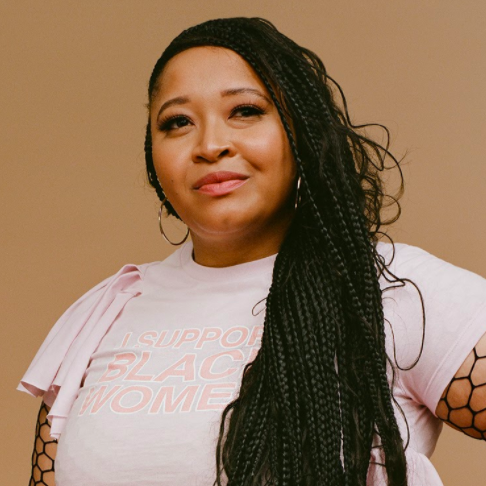 HEADSHOT OF DR. JAIMEE SWIFT. SHE IS WEARING A PINK SHIRT THAT SAYS I SUPPORT BLACK WOMEN AND SHE IS STANDING IN FRONT OF A TAN BACKGROUND. PHOTO BY KENNEDI CARTER
HEADSHOT OF DR. JAIMEE SWIFT. SHE IS WEARING A PINK SHIRT THAT SAYS I SUPPORT BLACK WOMEN AND SHE IS STANDING IN FRONT OF A TAN BACKGROUND. PHOTO BY KENNEDI CARTER Dr. Jaimee A. Swift (she/her) is the executive director, creator, and founder of Black Women Radicals, a Black feminist advocacy organization dedicated to uplifting Black women’s radical political activism in Africa and in the African Diaspora. She is also the executive director and creator of The School For Black Feminist Politics (SBFP), a Black feminist political education initiative and hub powered by Black Women Radicals. Established in 2020, the mission of SBFP is to empower Black Feminisms in Black Politics by expanding the field from transnational, intersectional, and multidisciplinary perspectives. She is an incoming Assistant Professor of Black Politics in the Department of Political Science at James Madison University.
Her dissertation, Towards A Queer Amefricanidade: State, Structural, and Symbolic Violence and Afro-Brazilian LGBT Women's Resistance in Salvador, Bahia, Brazil examines Afro-Brazilian LGBT women's historical and contemporary political struggles against multiform state and quotidian violence since Brazil's democratic transition from military dictatorship from the 1980s to present day.
BLACK WOMEN RADICALS ︎
BLACK WOMEN RADICALS ︎
BLACK WOMEN RADICALS WEBSITE
THE SCHOOL FOR BLACK FEMINIST POLITICS ︎
THE SCHOOL FOR BLACK FEMINIST POLITICS ︎
Her dissertation, Towards A Queer Amefricanidade: State, Structural, and Symbolic Violence and Afro-Brazilian LGBT Women's Resistance in Salvador, Bahia, Brazil examines Afro-Brazilian LGBT women's historical and contemporary political struggles against multiform state and quotidian violence since Brazil's democratic transition from military dictatorship from the 1980s to present day.
BLACK WOMEN RADICALS ︎
BLACK WOMEN RADICALS ︎
BLACK WOMEN RADICALS WEBSITE
THE SCHOOL FOR BLACK FEMINIST POLITICS ︎
THE SCHOOL FOR BLACK FEMINIST POLITICS ︎
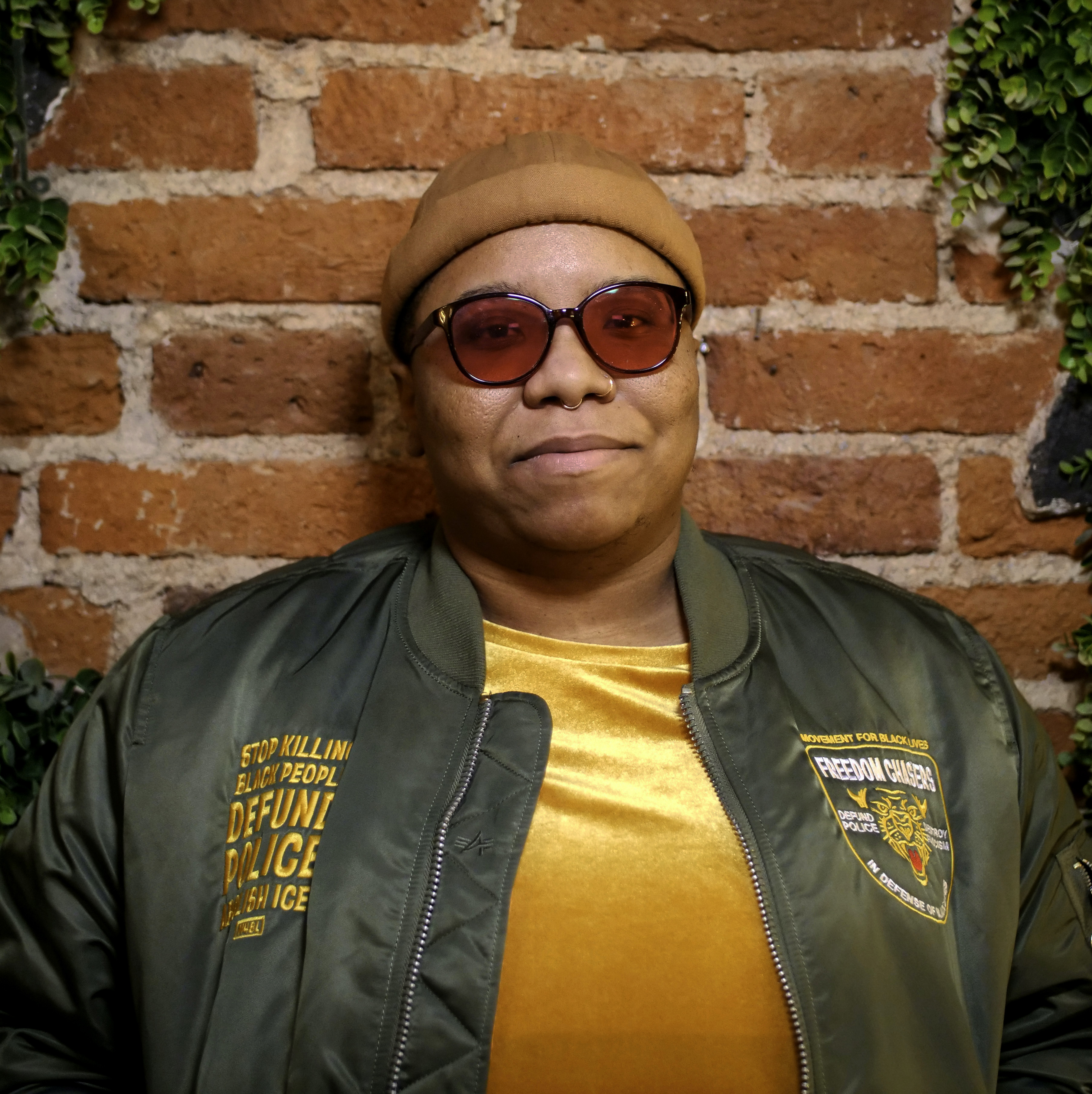

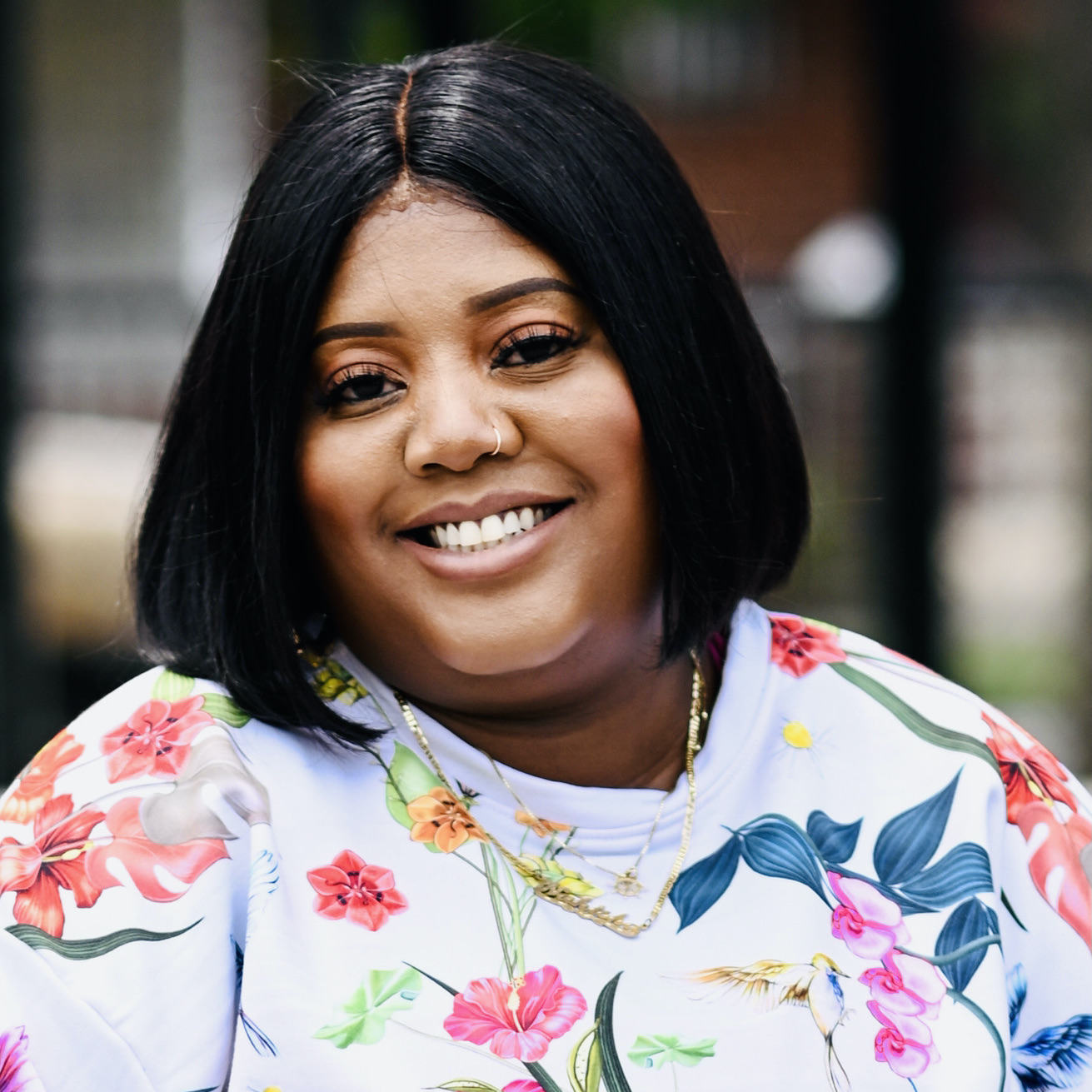



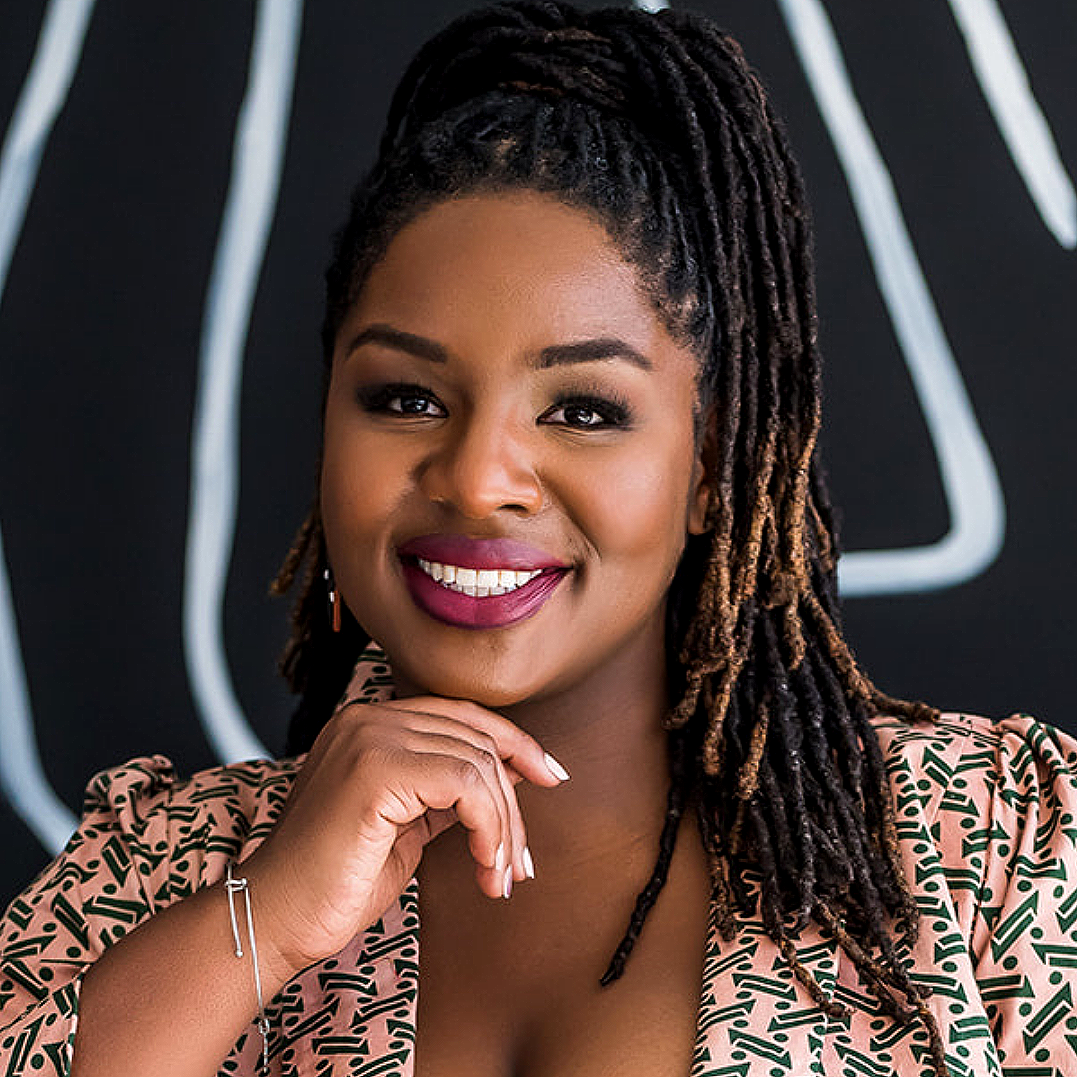
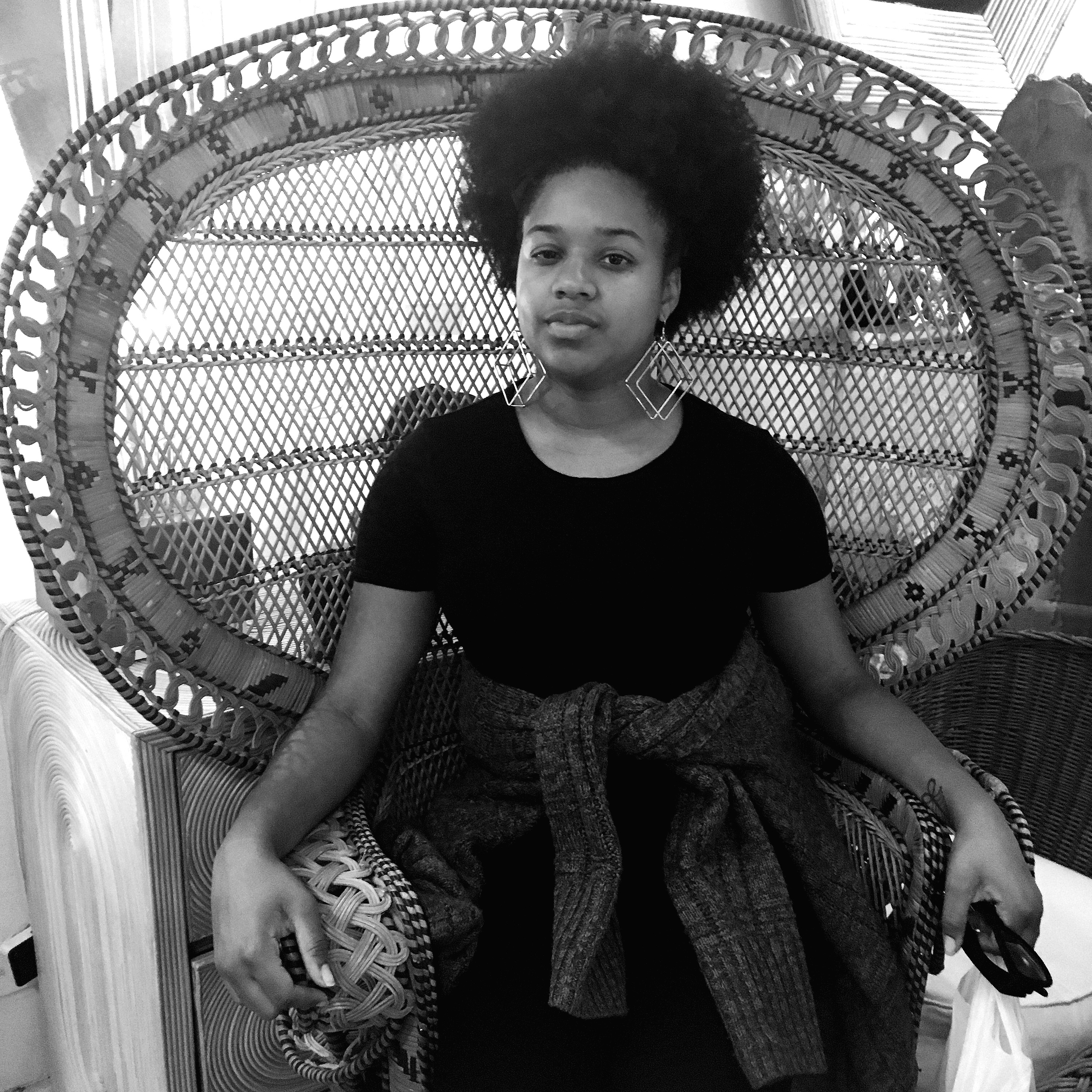
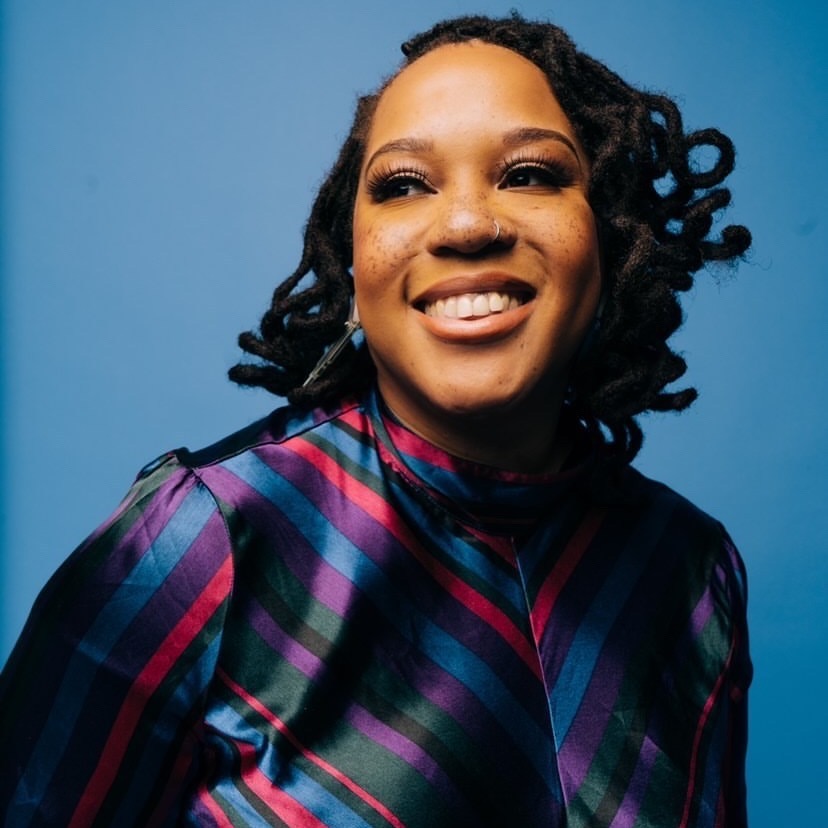

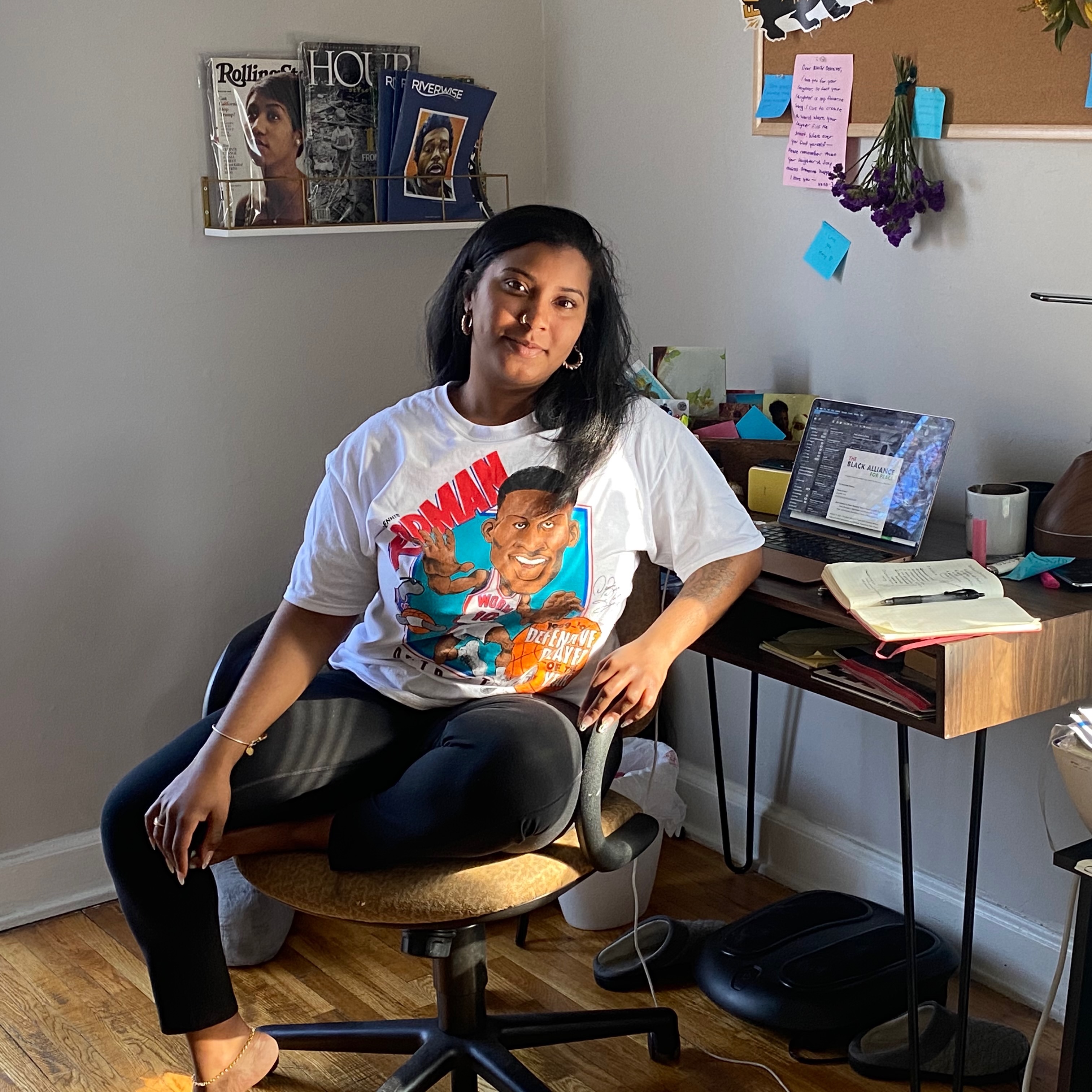
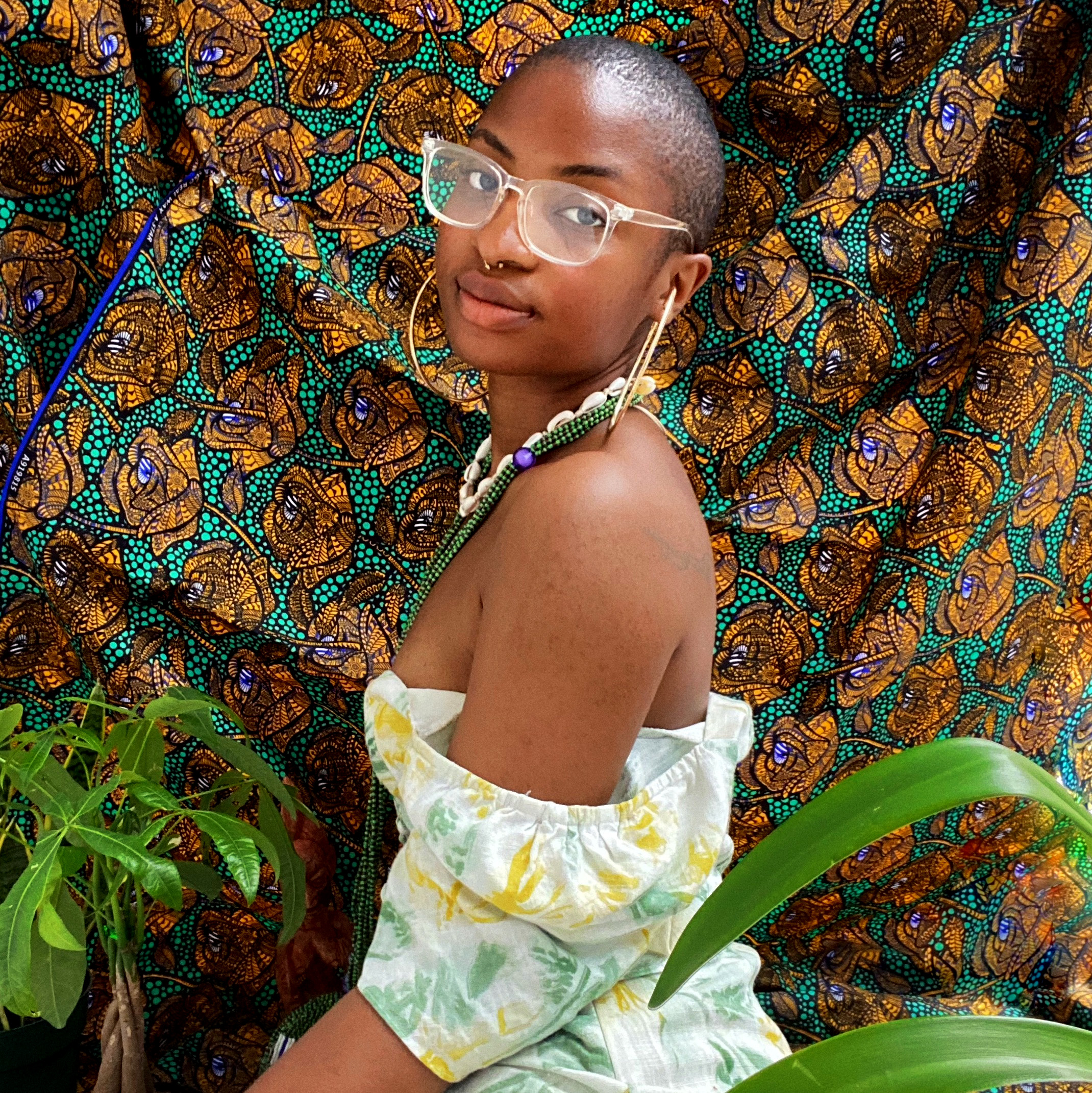

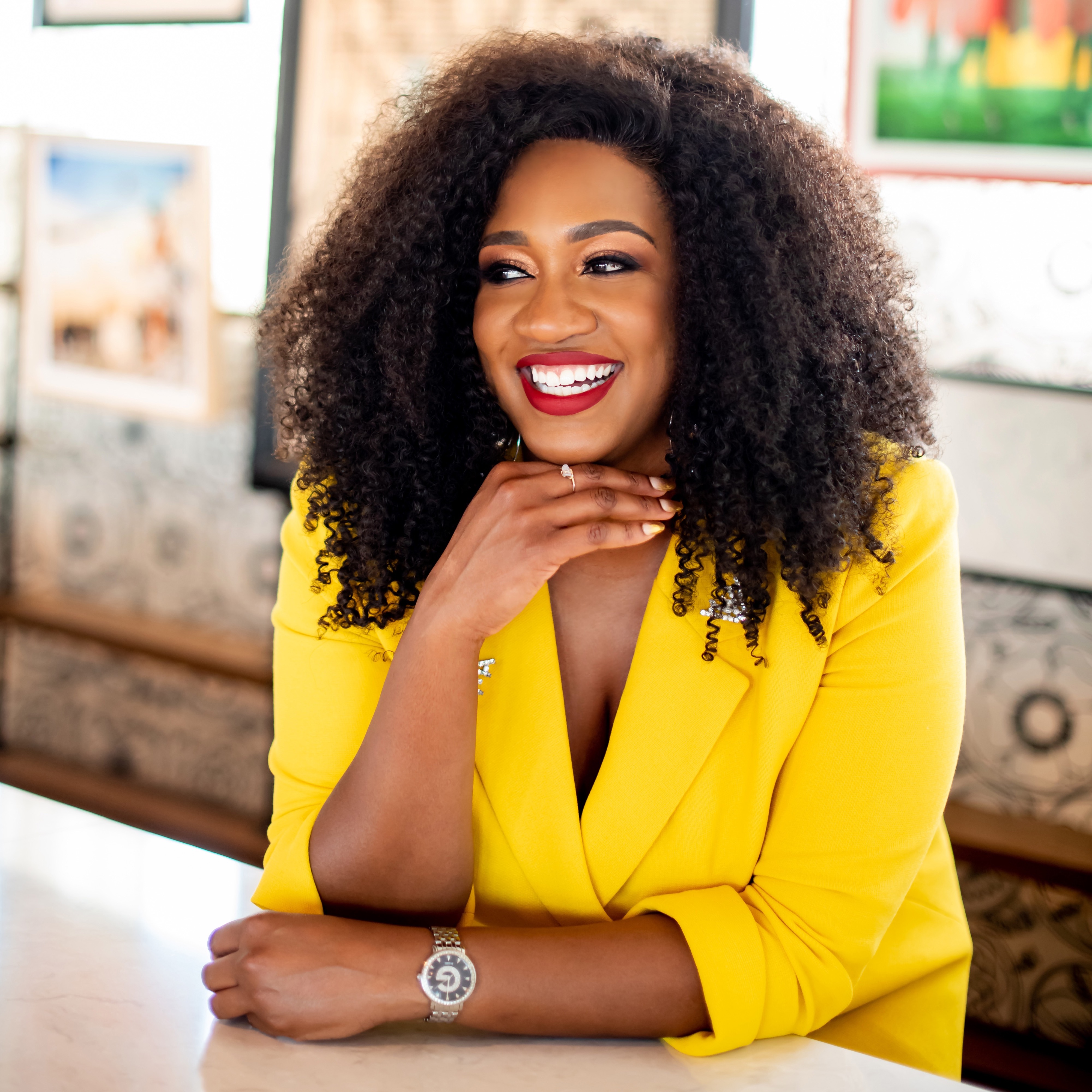
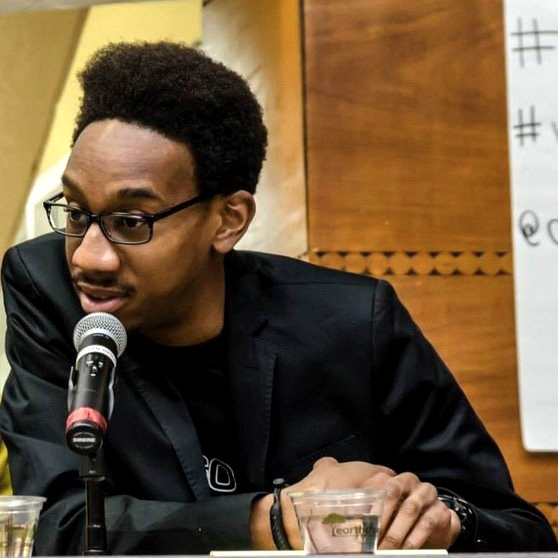
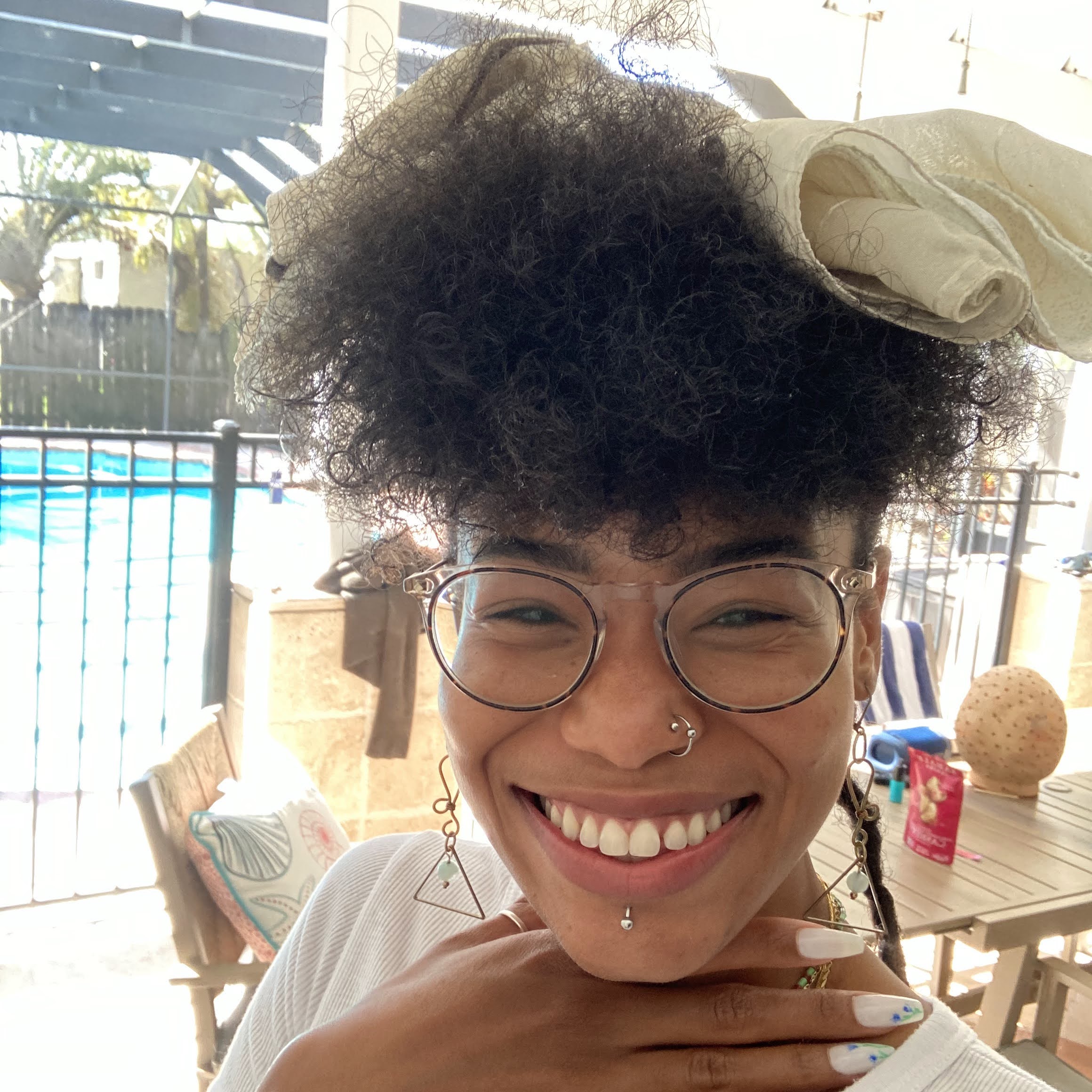

Nyrie Benton (She/Her) is a writer and photographer from Prince George's County, MD and is now based in Brooklyn, New York. She has organized with several grassroots and nonprofit organizations in Washington, DC over the years and has had the opportunity to capture some of those moments through her art. SOCIALS:(@visionyrie on IG)

 JAY CURRY - WWW. GLASSBENZ.COM
JAY CURRY - WWW. GLASSBENZ.COM 


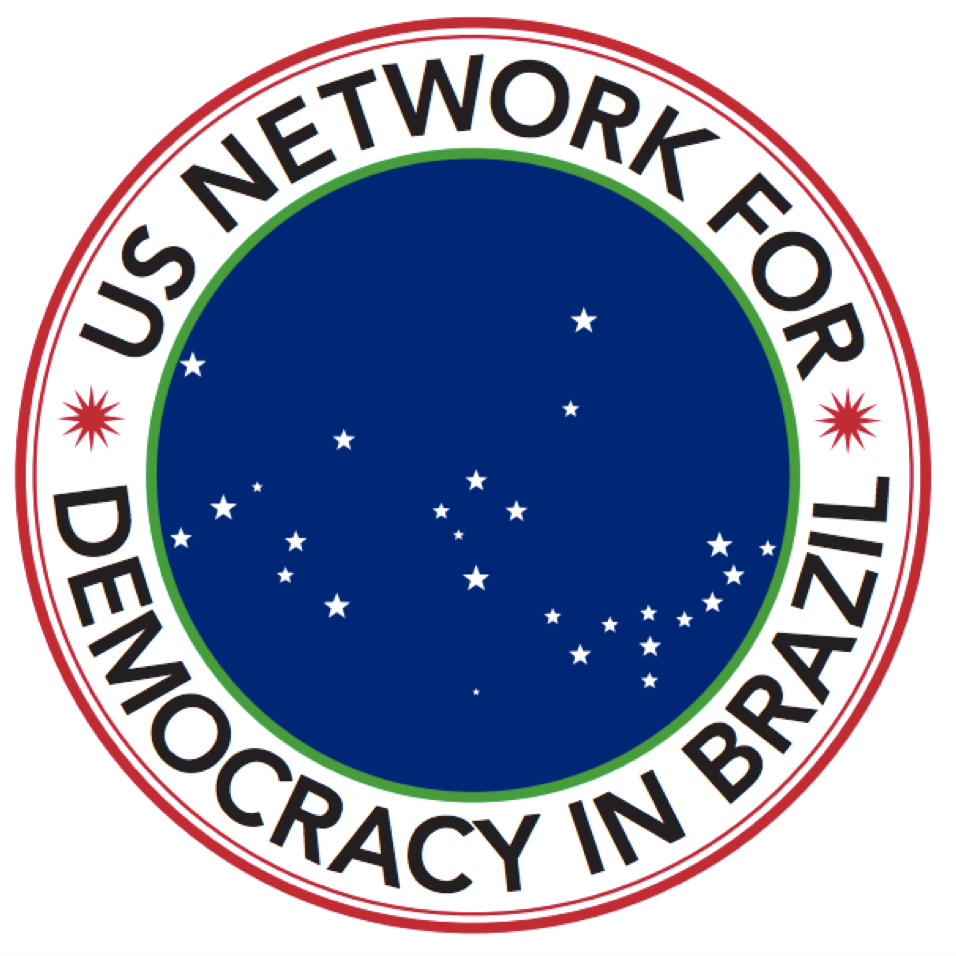
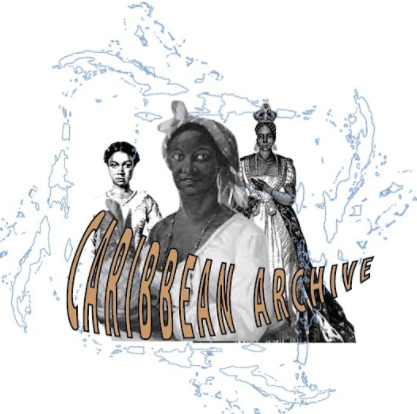





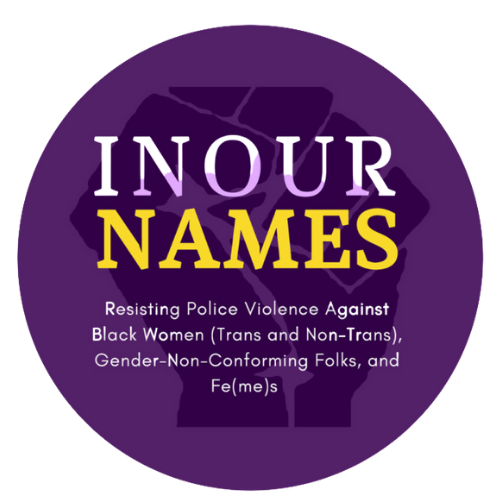
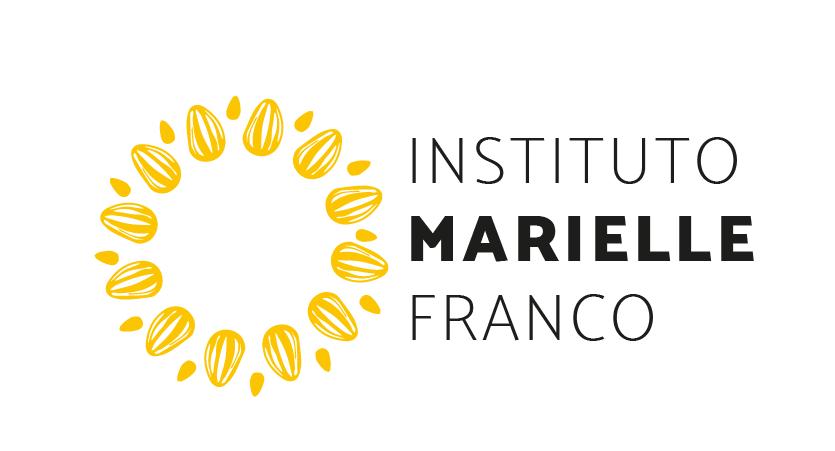



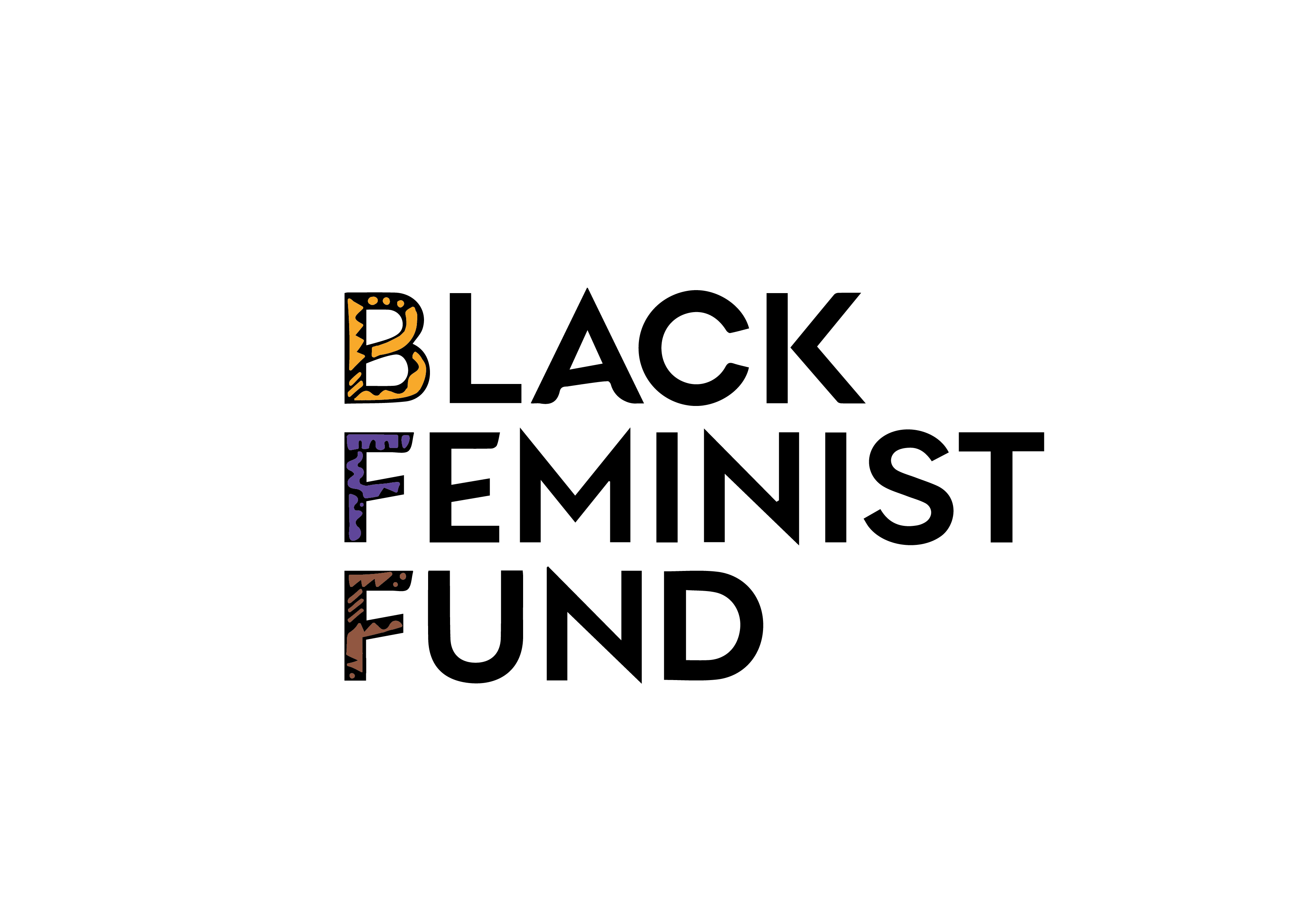



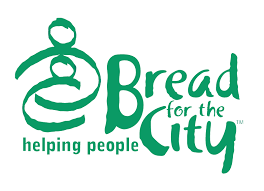






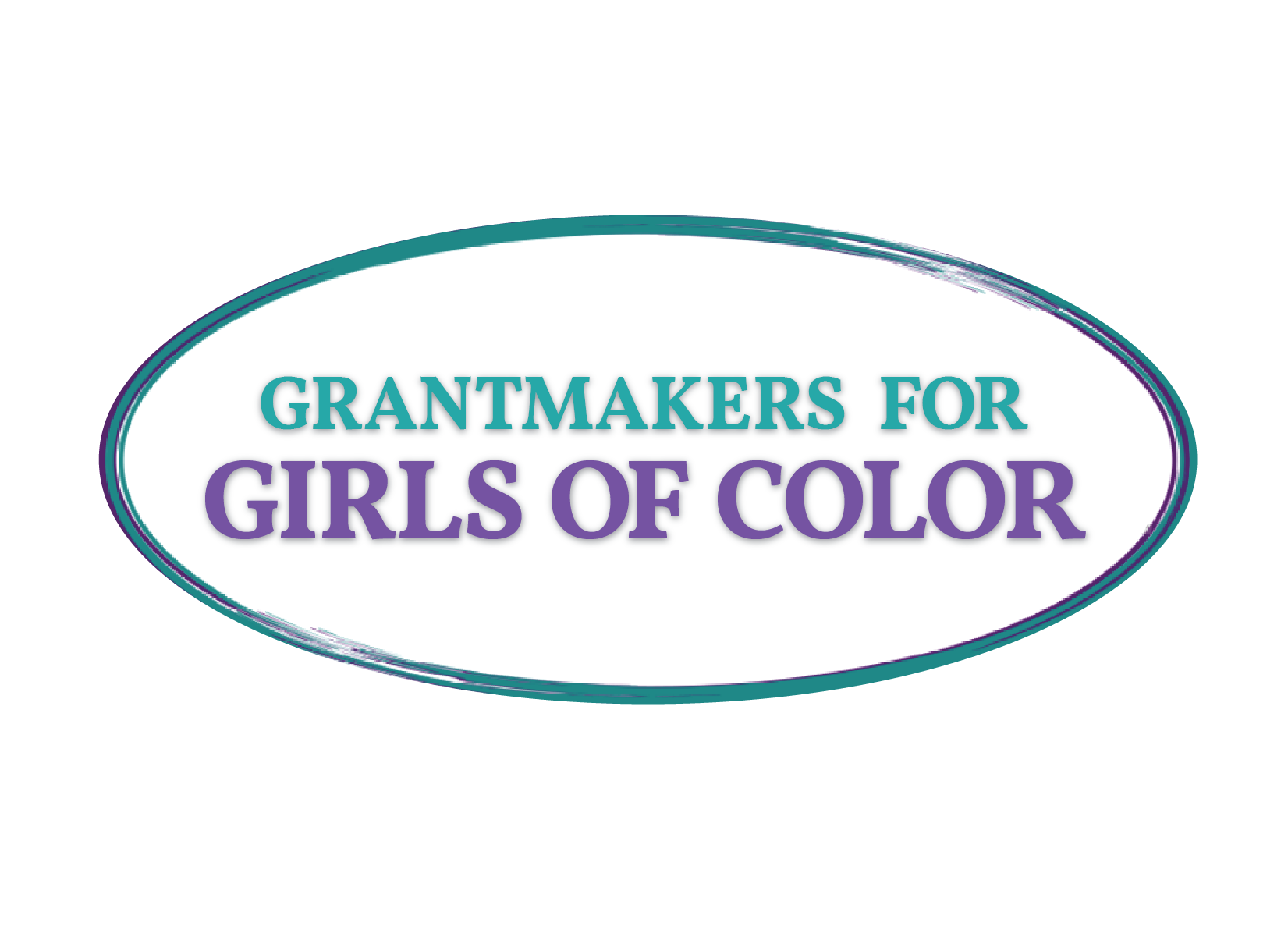



2ND DEFEND BLACK WOMEN MARCH, 2022
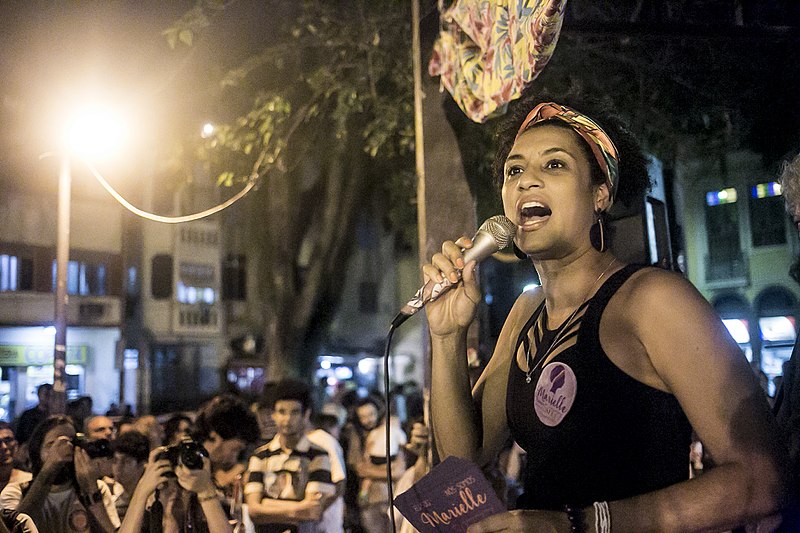 MARIELLE FRANCO SPEAKING IN RIO DE JANEIRO. AUGUST 2016. PHOTO CREDIT: MÍDIA NINJA
MARIELLE FRANCO SPEAKING IN RIO DE JANEIRO. AUGUST 2016. PHOTO CREDIT: MÍDIA NINJA


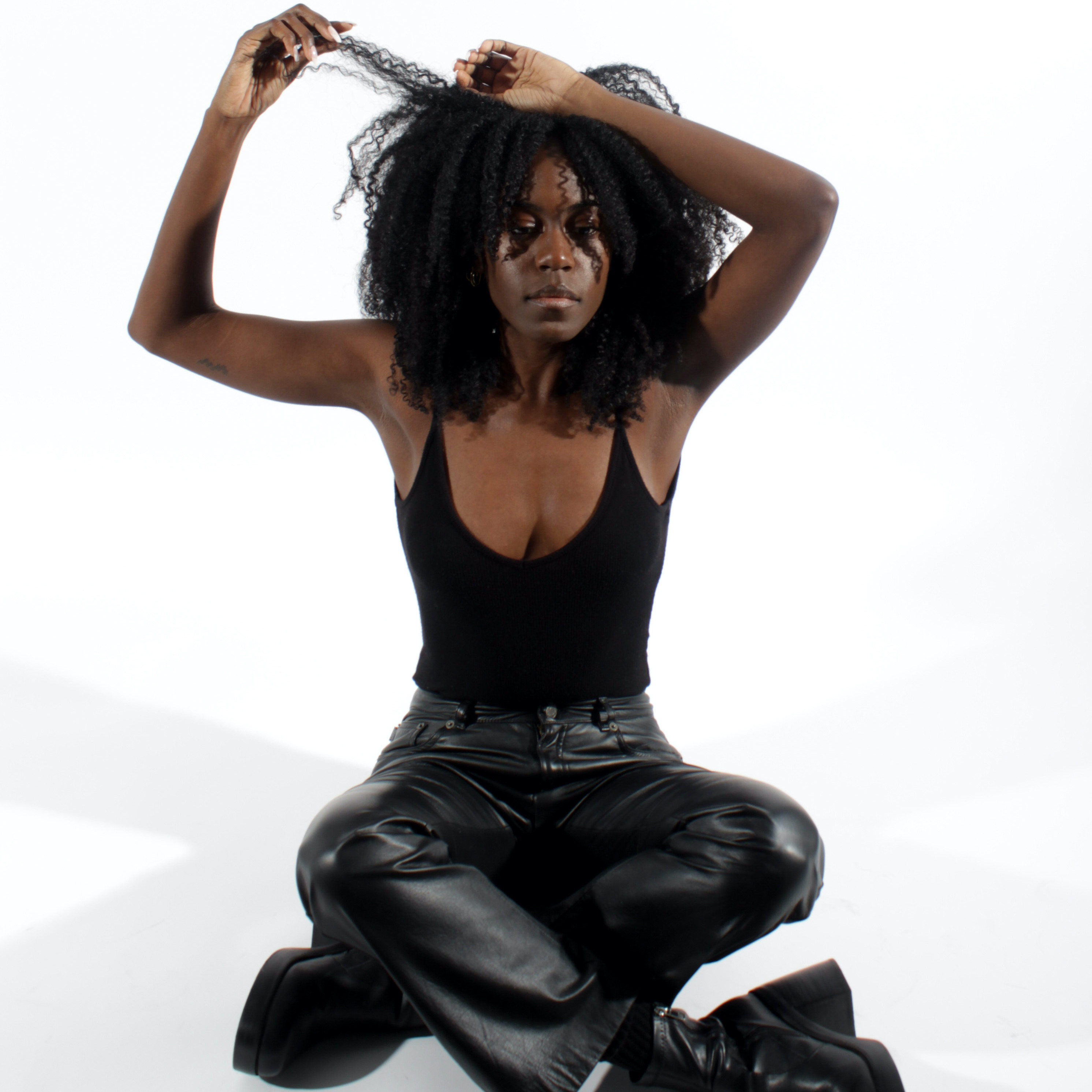 TYLER HICKS -
TYLER HICKS - 